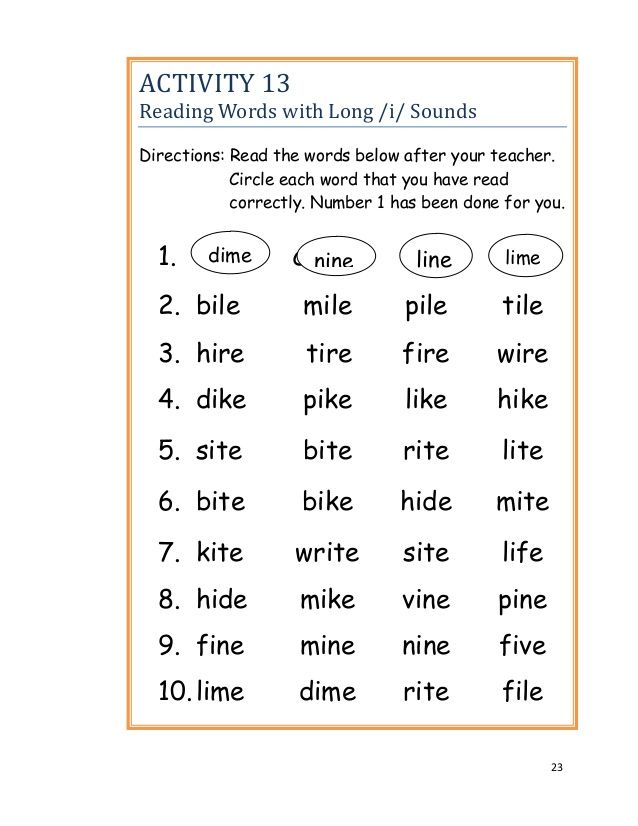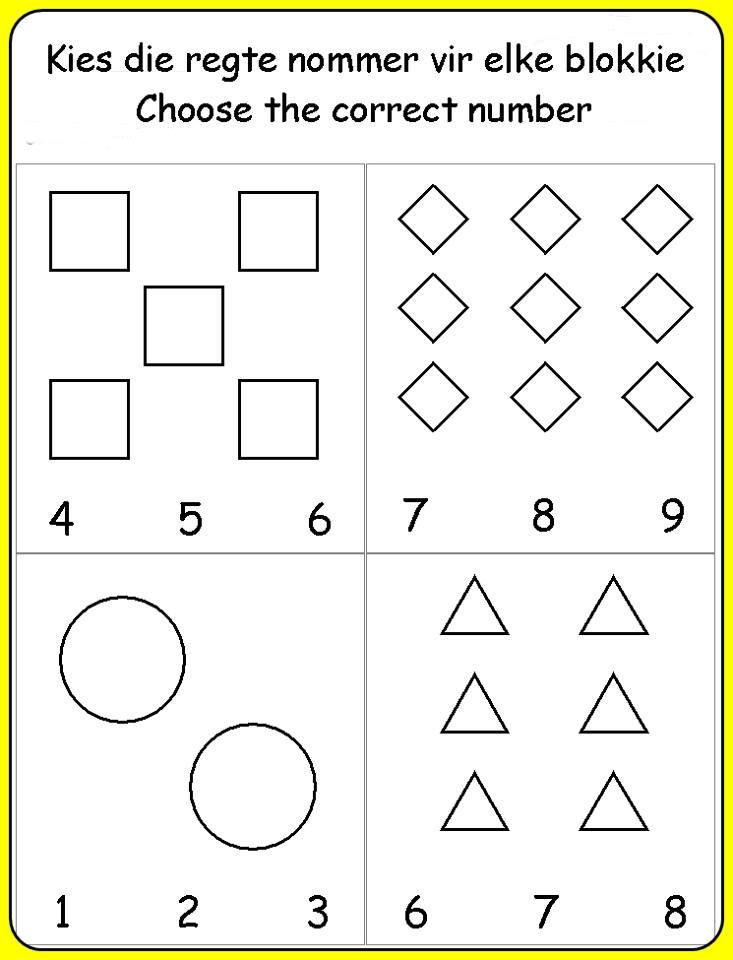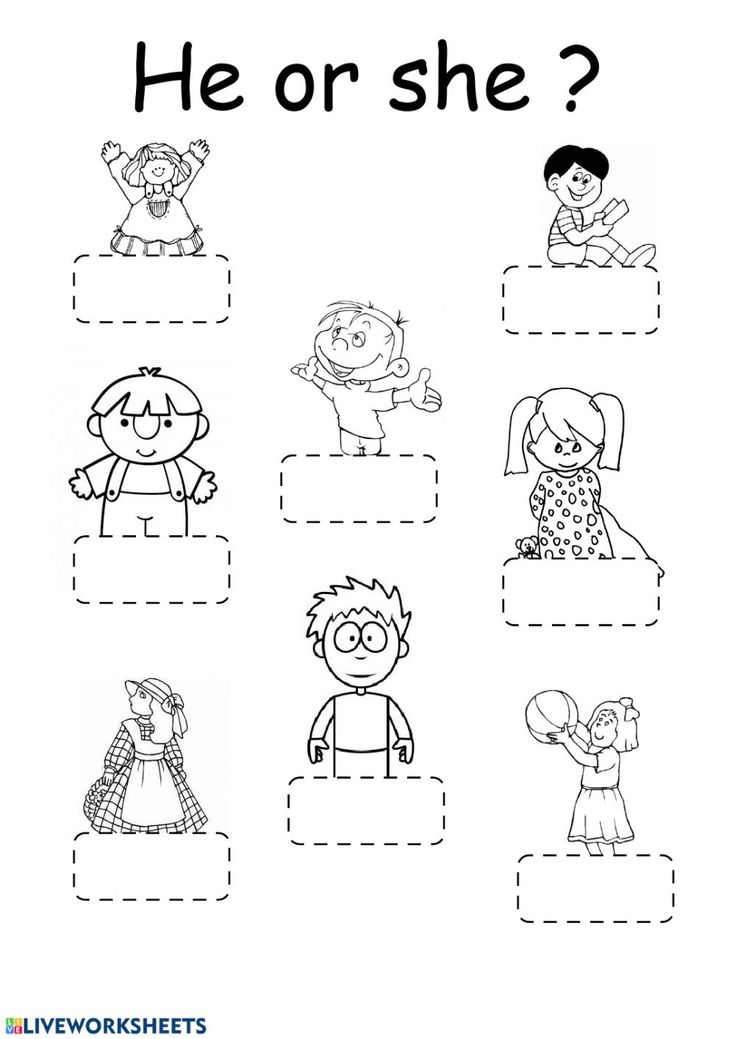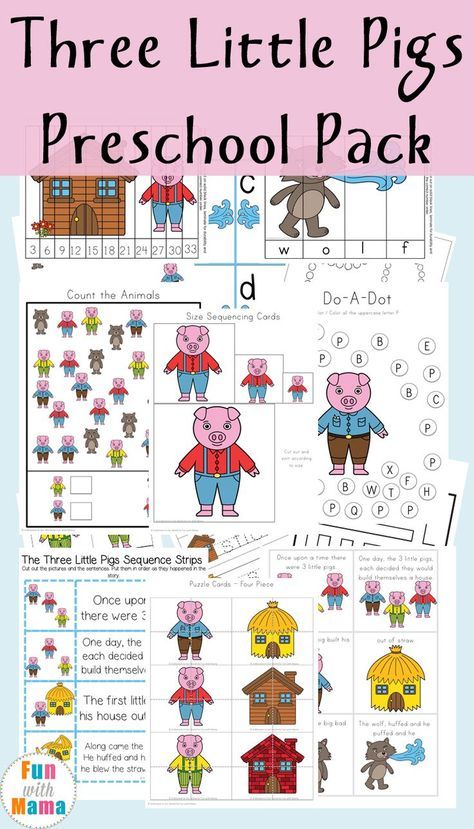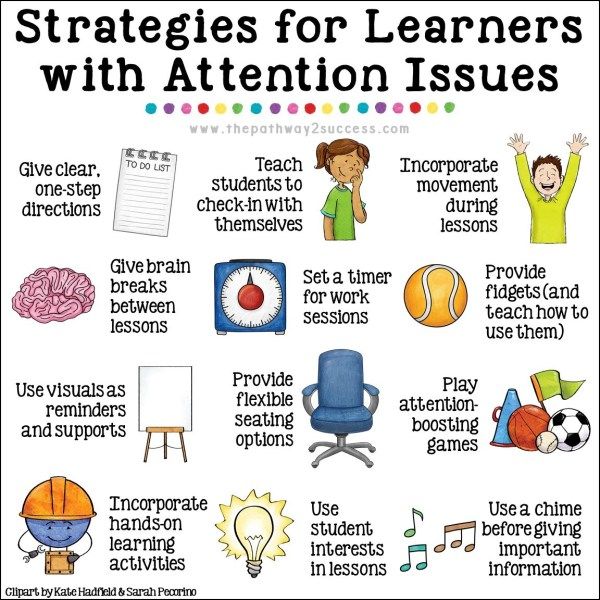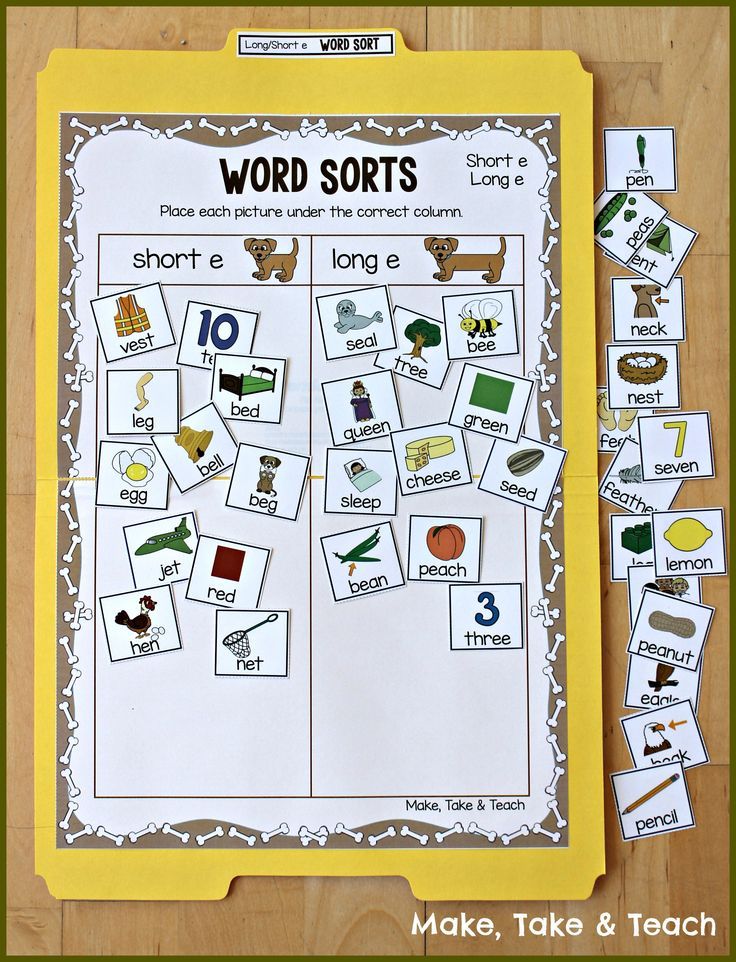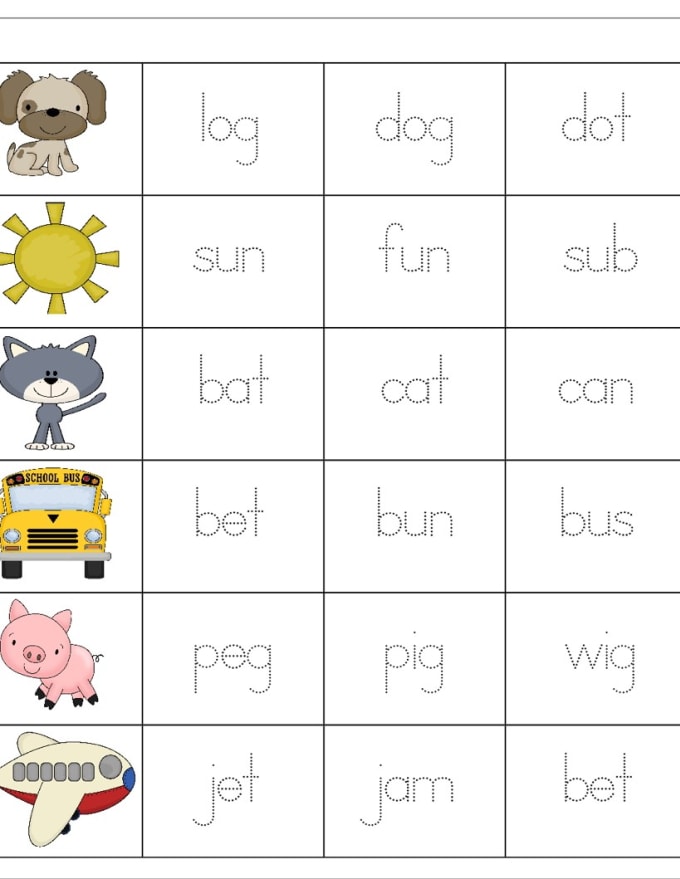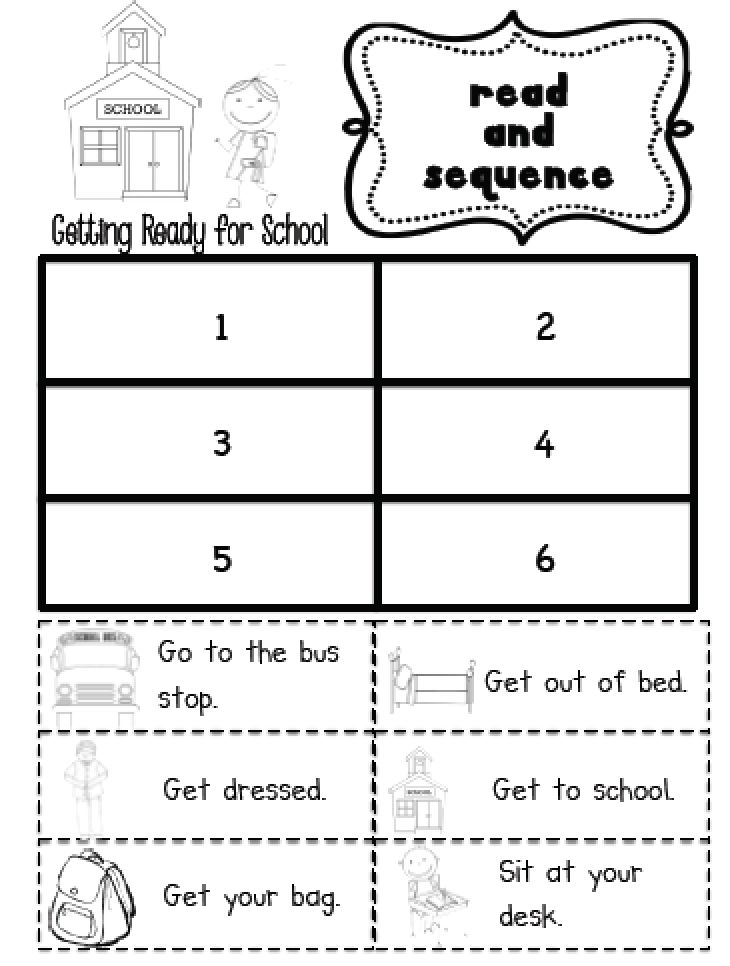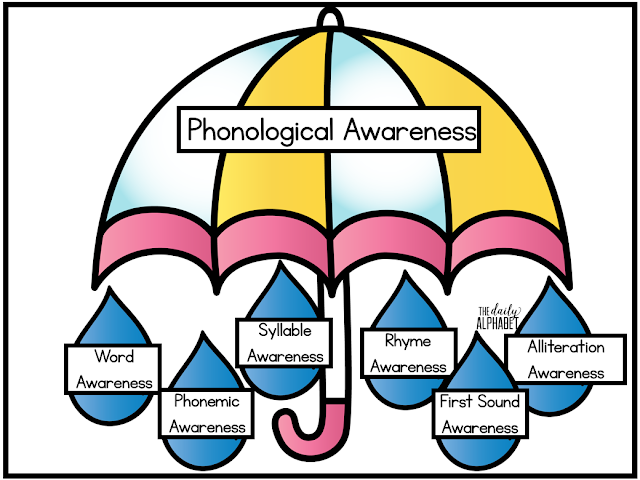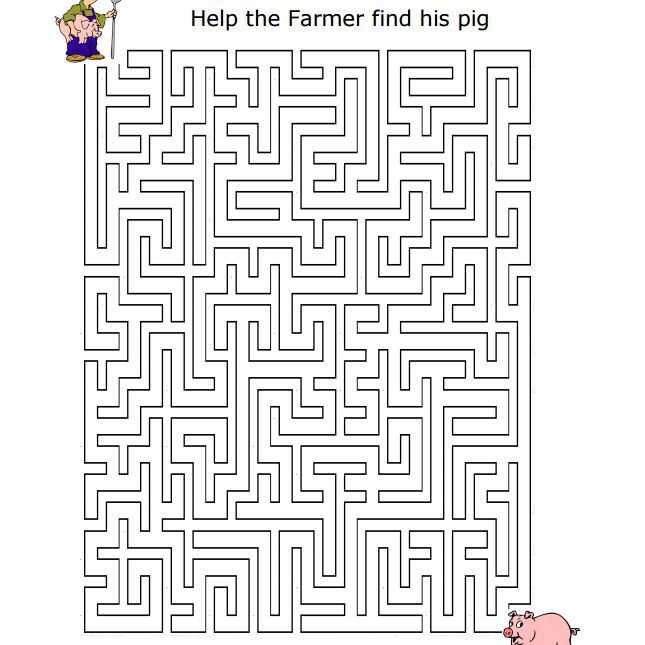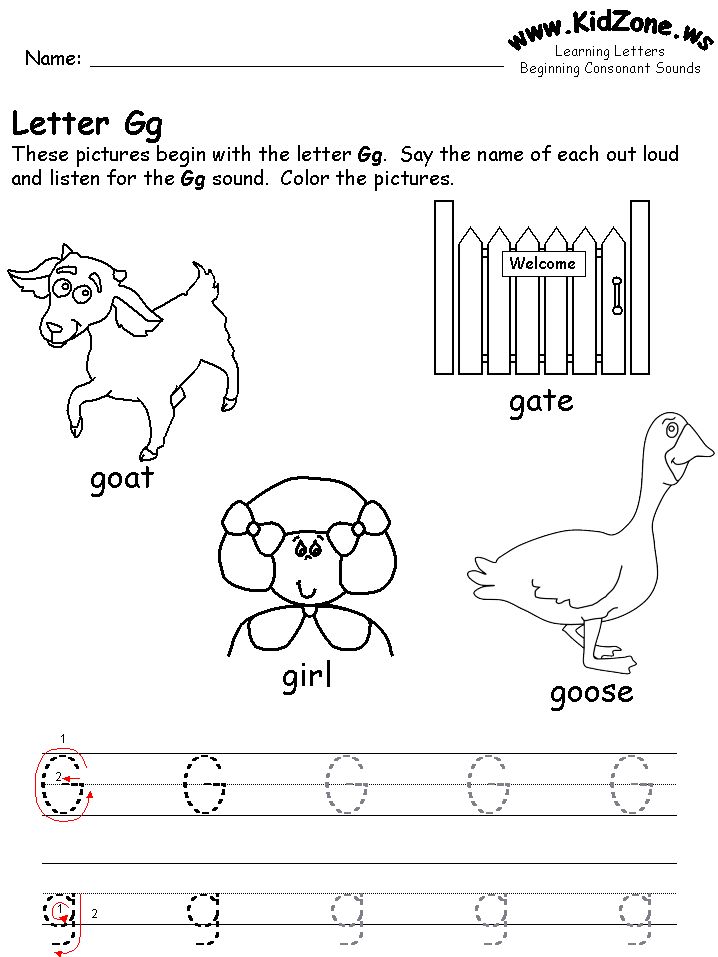Social skills questions for students
36 Questions to Help Kids Make Friends | Practice
Download PDF Print Practice
- How to do it
- Why to Try It
- Quiz
- Podcast
Time Required
30 minutes for each session.
How to Do It
Encourage your child to identify another child, perhaps of a different race or ethnicity, whom they don’t know well and would be open to becoming friends with.
Find two 30-minute periods when the children can meet up. If you’re a teacher, you might even want to find a time during class or lunch when the whole class can do this practice—especially at the beginning of the school year, so that kids who might not otherwise connect can get to know each other better.
During each meeting, have kids take turns asking and answering the sets of questions below, which become a bit more personal as the practice goes on.
Encourage children to spend relatively equivalent amounts of time talking and listening. At the outset, children can be reminded to only disclose information they feel comfortable with and to refrain from sharing information they feel is too personal.
Your child can also use some of these questions to help them become closer to an existing friend or get to know an acquaintance better. The questions below were designed for middle schoolers, but they could probably work for children in late elementary and early high school, too.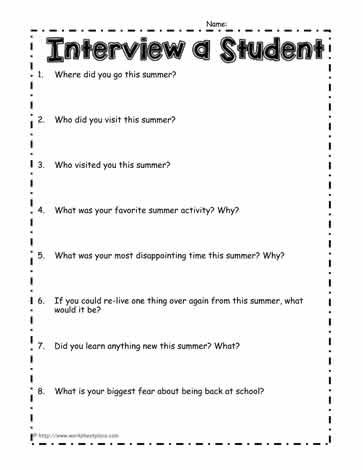
Meeting 1 (Partner 1)
1. What is your favorite subject in school?
2. What is your favorite dessert or flavor of ice cream?
3. What is/was your favorite pet? (If you’ve never had a pet, what pet would you choose if you could?)
4. What’s your favorite thing to do during summer vacation?
5. What is your favorite TV show or movie?
6. Do you like to get up early or sleep in on the weekends?
7. What foreign country would you most like to visit and why?
8. If you could have one superpower, what would it be?
9. Describe your worst haircut ever.
10. Describe your best friend (without saying his/her name).
11. If you had to move from your school, what would you miss the most?
12. If your house was on fire and you had time to safely grab one thing before running out, what would it be?
13. If you could be famous for something, what would it be?
14. Describe one quality you wish you had.
15.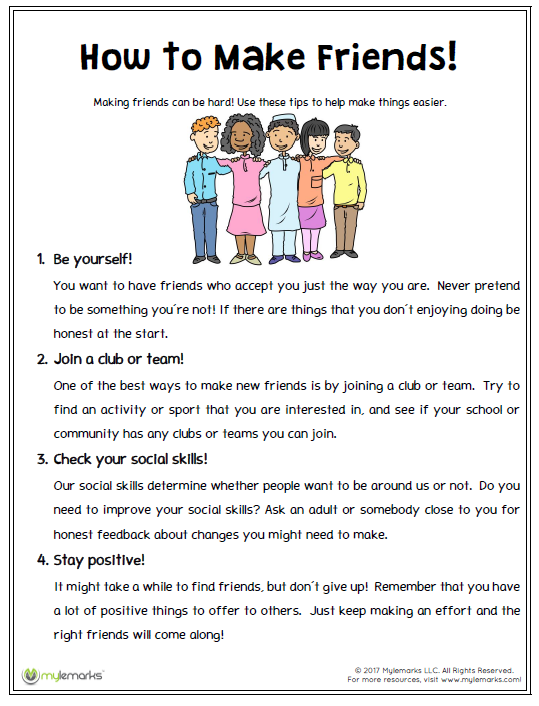 What would a perfect day at school be like?
What would a perfect day at school be like?
16. What would you like to change about your life if you could?
17. Name one thing that would make your parents/family proud of you and one thing that would make them disappointed in you.
18. Name one thing you and I appear to have in common.
Meeting 1 (Partner 2)
1. What is your favorite thing to do after school?
2. What is your favorite restaurant and what is your favorite food there?
3. Of all the places you’ve lived or visited, where was your favorite and why?
4. What is your favorite song?
5. What is your favorite holiday and why?
6. Who was your favorite elementary school teacher and why?
7. What state in the United States would you most like to visit and why?
8. If you had a lot of money and could do anything you wanted with it, what is one thing you would do?
9. Describe a time you got hurt (e.g., broke a bone).
10. What is the best gift or present you have ever received and why was it so special?
11.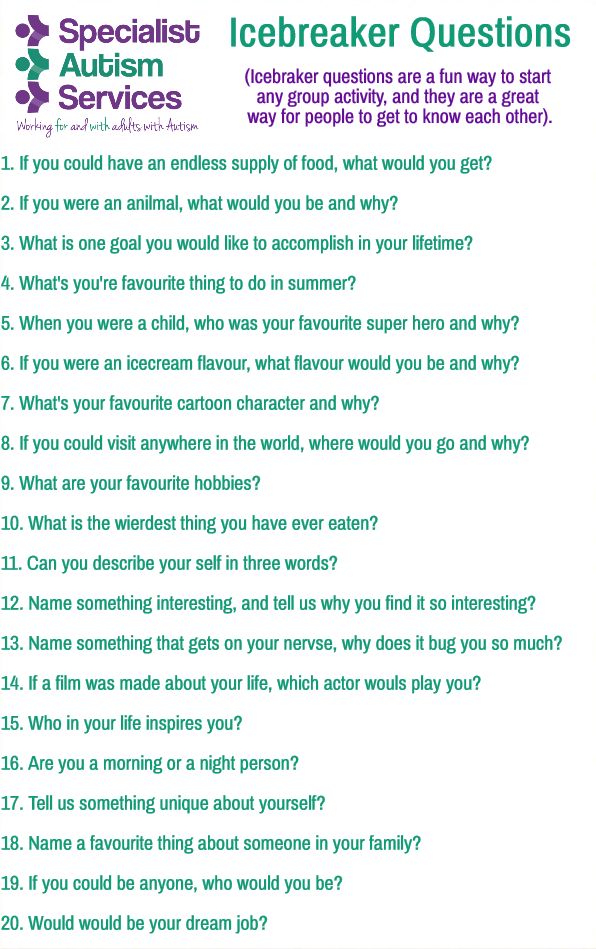 If a crystal ball could tell you the truth about one thing in your future, what would you want to know?
If a crystal ball could tell you the truth about one thing in your future, what would you want to know?
12. If you could have dinner with anyone in the world, who would it be?
13. Think about your greatest dream or wish. What is your biggest obstacle in making it come true?
14. What would your worst day at school be like?
15. How would you describe a true friend?
16. If you could choose one thing about your life that would never change, what would it be?
17. Name one thing you like about your parents/family and one thing you don’t like about them.
18. Name one thing you like about me.
Meeting 2 (Partner 1)
19. Do you think boys or girls have it easier?
20. If you had a magic mirror that allowed you to see exactly what was going on anywhere in the world, where would you look?
21. Imagine that the principal told you he wanted to make the school better and would change it in any one way you suggested. What would you tell him to do?
22.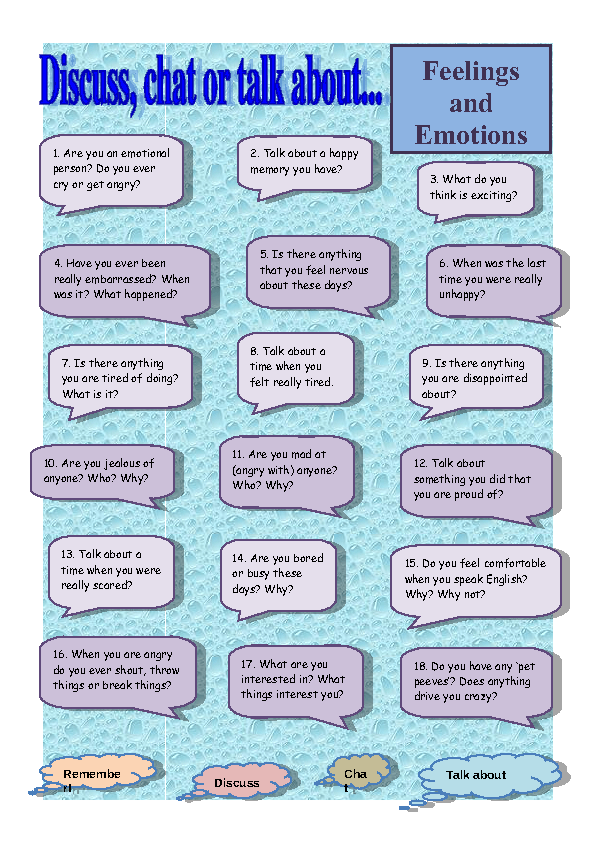 Name one thing about this school you think is unfair.
Name one thing about this school you think is unfair.
23. If you could be the most attractive, the most athletic, or the smartest student at school, which would you choose?
24. If you could make a TV show or YouTube video about anything you wanted and you knew millions of people would see it, what would it be about?
25. If you had to choose right now what job you would have as an adult, what would it be?
26. What is one thing you wish you were better at?
27. What is the biggest difference between what happens on TV and what happens in your life?
28. Describe a time at school when you were mean to someone else. What would you have changed about the situation if you could?
29. Would you rather your mom or dad give you more presents or spend more time with you? Which would make you feel more loved?
30. If you woke up tomorrow and you were grown up with kids of your own, how would you treat them differently than your parents treat you?
31.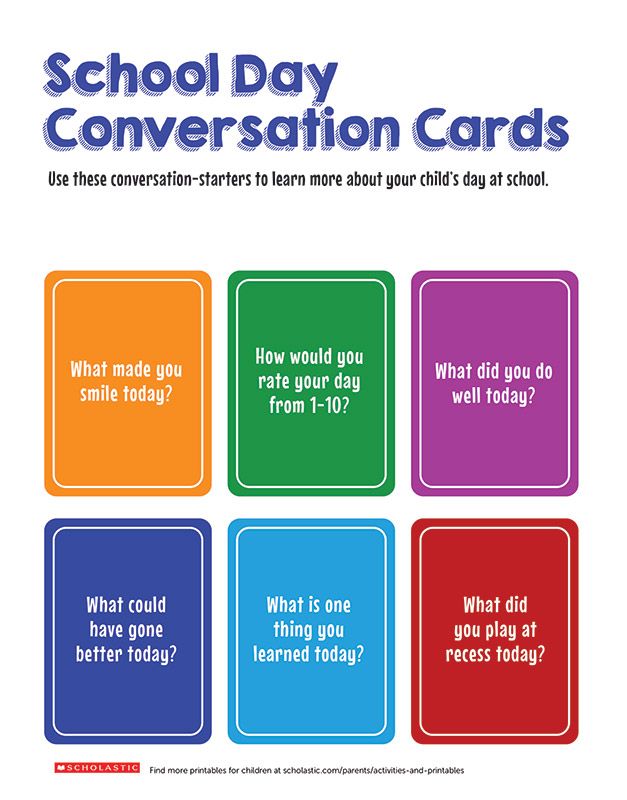 What is your biggest regret?
What is your biggest regret?
32. When you think about the future, what worries you the most?
33. If you could change one thing about the way you look, what would it be?
34. Describe your biggest failure.
35. What do you think your friends like most about you?
36. If we became friends, what is one thing we might enjoy doing together?
Meeting 2 (Partner 2)
19. Do you think it would be easier to be an only child or have lots of siblings?
20. If you could be invisible for a day, what would you do?
21. Imagine you had the opportunity to give a 10-minute speech to all the students in this school. What would you talk about?
22. What is the hardest part of middle school?
23. Describe one good thing and one bad thing about being popular at school.
24. If you could do one thing that you’re not allowed to do now because you’re too young, what would it be?
25. What is one job you hope you never have as an adult?
26.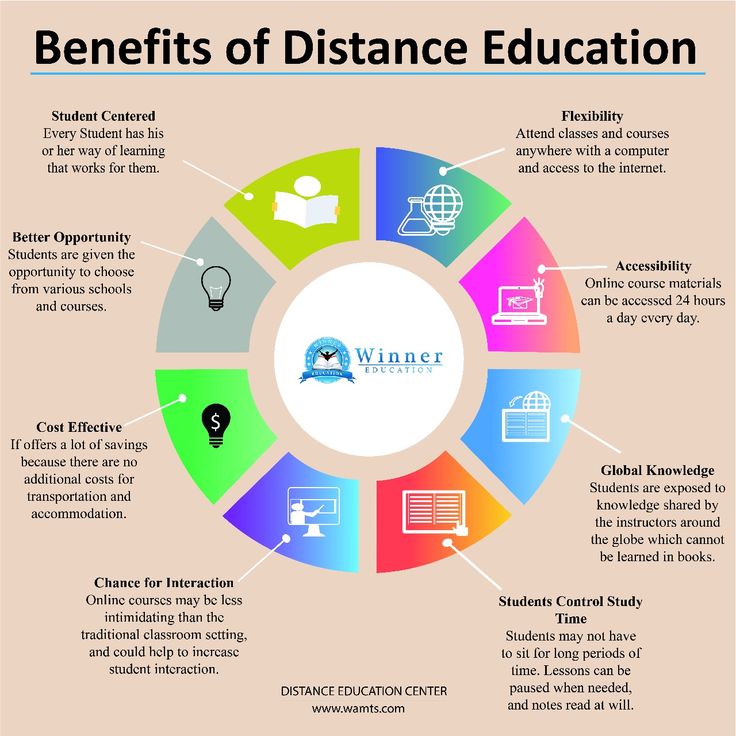 If you could be really talented at one thing, what would you choose?
If you could be really talented at one thing, what would you choose?
27. Name one thing you think you could do better if you were the principal.
28. Describe a time at school when someone was mean to you. What would you have changed about the situation if you could?
29. If you could give your parents one tip on how to be better parents, what would it be?
30. Name one thing someone in your family does that really gets on your nerves.
31. If you could travel to the past in a time machine and change one thing, what would it be?
32. What is your biggest fear?
33. What do you dislike most about yourself?
34. What is the most embarrassing thing that has happened to you at school?
35. What is your proudest moment?
36. Name one reason we would be lucky to have each other as a friend.
Why You Should Try It
This 36 questions activity can help children build closeness with someone they don’t know well, including a child from a different ethnicity.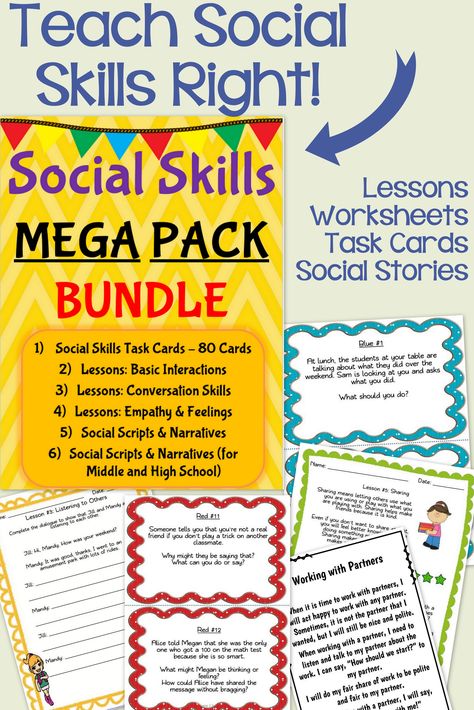
Childhood friendships are important to well-being. Having just one friend can help kids be more invested in their schoolwork and protect them from being bullied. Friendships across ethnicities are especially valuable and lead kids to be more adaptable and socially confident. For example, kids with cross-ethnicity friendships tend to be better liked by other kids, be more self-confident, have a more positive mood, and feel safer at school.
But making friends can be awkward. Knowing how to talk to others in a way that fosters genuine connectivity and paves the way for real friendship—particularly with those who are different from us—is a valuable life skill. This exercise helps you guide your child to talk to other kids in that way.
This exercise is particularly useful at transition times, like when your family moves to a new place or when children start middle school with many students they don't know.
Why It Works
The 36 questions are a mixture of opportunities for fun and self-disclosure.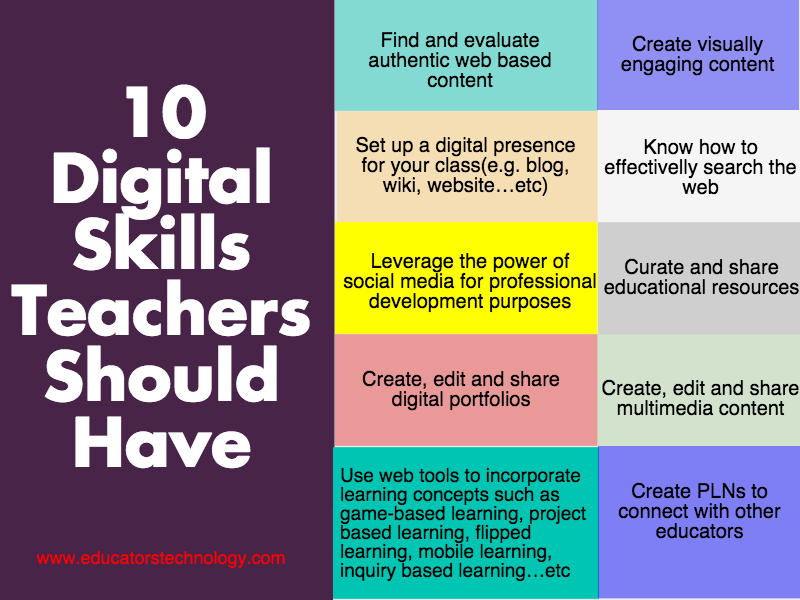 Mirroring the emotional journey of friendship, they become increasingly intimate, requiring partners to reveal more about themselves as they answer questions. Each series of 36 questions ends with one that plants the suggestion of friendship, such as: “Name one thing you like about me” or “What’s one thing we would do together if we became friends?”
Mirroring the emotional journey of friendship, they become increasingly intimate, requiring partners to reveal more about themselves as they answer questions. Each series of 36 questions ends with one that plants the suggestion of friendship, such as: “Name one thing you like about me” or “What’s one thing we would do together if we became friends?”
Taking turns listening with genuine interest and curiosity, and the experience of feeling seen and heard, allow feelings of closeness to develop. Although there are no guarantees, this exercise creates fertile grounds for true friendship to blossom.
Evidence That It Works
Echols, L., & Ivanich, J. (2021). From “fast friends” to true friends: Can a contact intervention promote friendships in middle school? Journal of Research on Adolescence, 1–20.
Middle schoolers paired with an unfamiliar partner of the same age and gender met once a month for three months. Pairs got to know each other by taking turns asking the 36 questions, and then competed with other pairs to cooperatively build a block tower.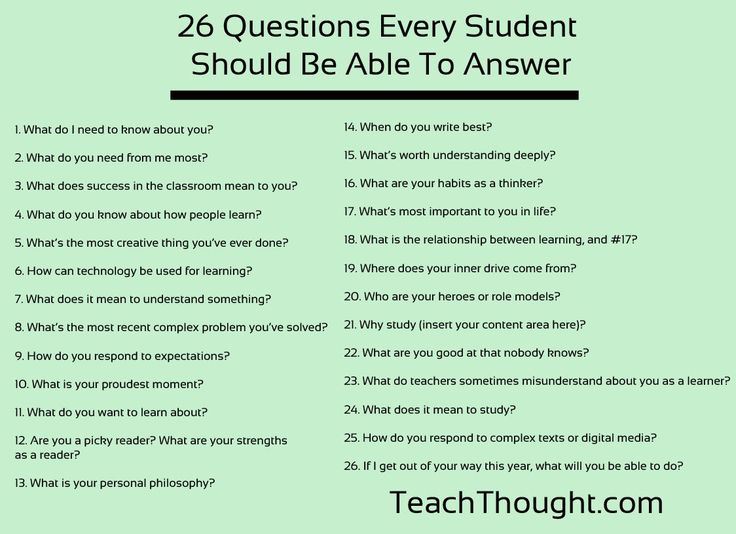 At the end of three months, middle schoolers felt they had a closer relationship with their partner than other classmates. This was true for both male and female pairs, of the same ethnicity and different ethnicities.
At the end of three months, middle schoolers felt they had a closer relationship with their partner than other classmates. This was true for both male and female pairs, of the same ethnicity and different ethnicities.
Sources
Leslie Echols, Ph.D., Missouri State University
Parents can be role models for their children's relationships. How strong are your social connections, online and off? Take our Social Capital quiz to find out.
101 Questions for Kids to Get Them Thinking and Talking [all open-ended]
How can you have more meaningful conversations with your kids? How can you use these conversations to also build up their skills to prepare them for their future? What questions are quick and fun to ask but also get them thinking critically, logically and laterally?
We have done the hard work so you don't have to! Here are 101 questions for kids that will get them "thinking and talking" - helping you get to know your child with more meaningful conversations, and at the same time building the skills they need to thrive in tomorrow's world (e.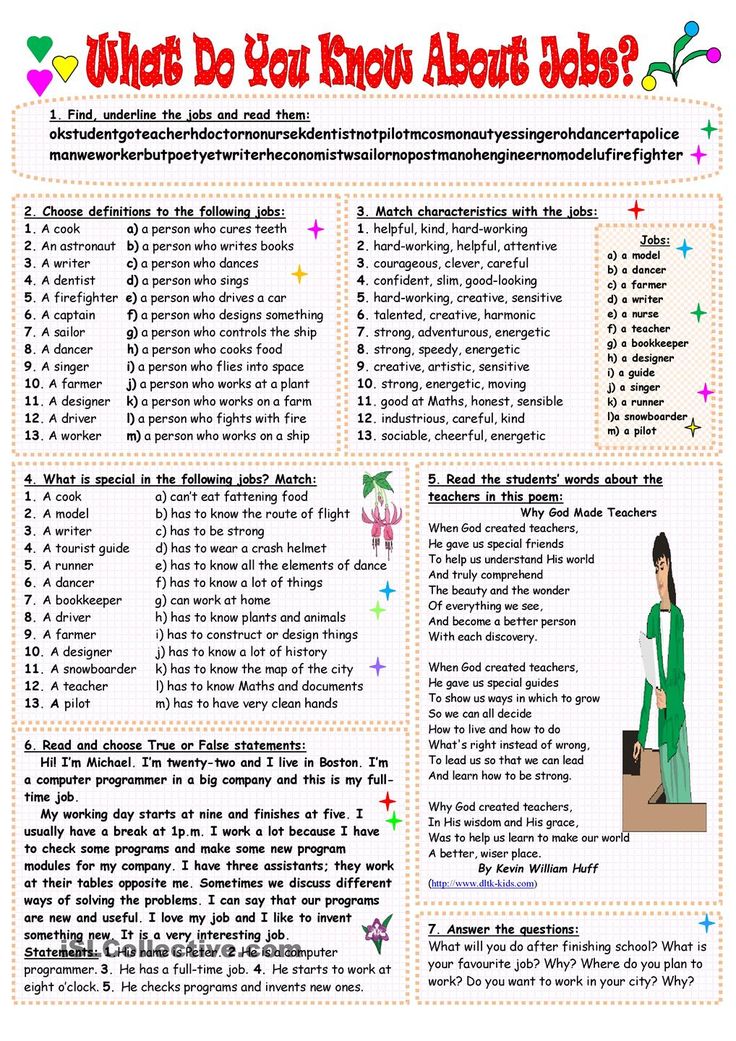 g. critical thinking, communication, creativity etc).
g. critical thinking, communication, creativity etc).
It's perfect for 6-12 year olds and can be done whenever you have a few minutes. Parents we work with tend to have these chats in the car, or after school or at the dinner table.
See the KidCoachApp that thousands of other parents have been using to have all this and more in the palm of your hand, but in the meantime enjoy the list below.
Critical thinking questions
1. How many iPads do you think there are in the world?
2. How many grains of sand do you think there are on a typical beach?
3. What would you do with a million dollars?
4. If you could go back and time and change one thing, what would it be and why?
5. If you could have any superpower, what would it be and why?
6. Is there life on other planets?
7. What would you name a new colour?
8. What are 10 different things you can do a cup?
9.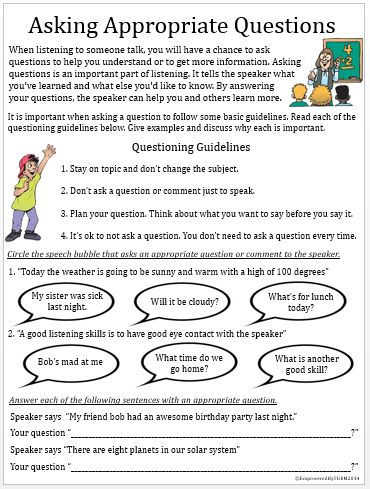 How would you improve a sofa to make it better?
How would you improve a sofa to make it better?
10. When Baby Shark grows up, will he still be called Baby Shark?
11. What would happen if it never rained?
12. How can you make £100 or $100 by next week if you wanted to?
If you are particularly interested in critical thinking then this ultimate guide to developing critical thinking skills in your kids is a must-read.
Debating questions for kids
13. Should children set their own bedtimes?
14. Do you need teachers at school or can you just learn from computers?
15. Is it right to eat animals?
16. Should everyone donate money to charity?
17. Should children have to wear school uniforms?
18. Should children choose what to learn at school themselves?
19. Does Santa Claus only bring presents for good children?
20. Should zoos be banned since they are unfair to animals?
21. Should children be paid if they get good grades?
22.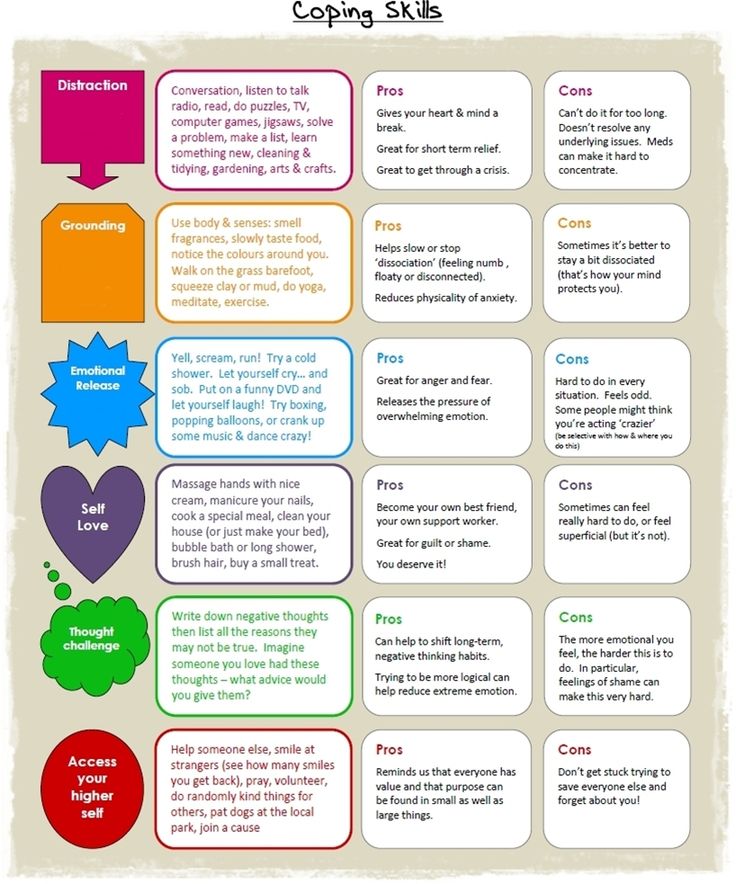 Is social media a good or a bad thing?
Is social media a good or a bad thing?
23. Should every child have their own mobile phone?
Fun communication challenges
24. How would you describe a car to an alien?
25. How would you describe a tree without saying green, plant or leaves?
26. What is a rectangle?
27. How would you describe an elephant without saying animal, trunk or grey?
28. What is a circle?
29. Can you name 10 different emotions?
30. What is the number five?
31. Can you say the alphabet backwards?
32. Can you talk for one minute about anything without saying “umm” or “err”?
33. Can you say “Hello” in three different accents?
For more fun talking game ideas, check out this list of 22 car games to keep kids entertained using only your voices!
Alternatives to “How was your day?”
34. What was the best thing that happened to you today?
35. What will you do tomorrow that you did not do today?
What will you do tomorrow that you did not do today?
36. Tell me about something new that you learned today?
37. What made you laugh today?
38. Who did you play with today?
39. What did you eat for lunch?
40. What kind of a person were you today?
41. What made your teacher smile today?
42. What made you really proud today?
43. What questions did you ask the teacher today?
44. What do you think your teacher will be doing tonight?
Would you rather questions?
45. Would you rather find true love or win one million dollars?
46. Would you rather end poverty or end racism?
47. Would you rather be gossiped about or ignored?
48. Would you rather be an ant or a fly?
49. Would you rather be able to fly or have super strength?
50. Would you rather be 1 foot taller or 1 foot shorter?
51. Would you rather be more like Mum or more like Dad?
52.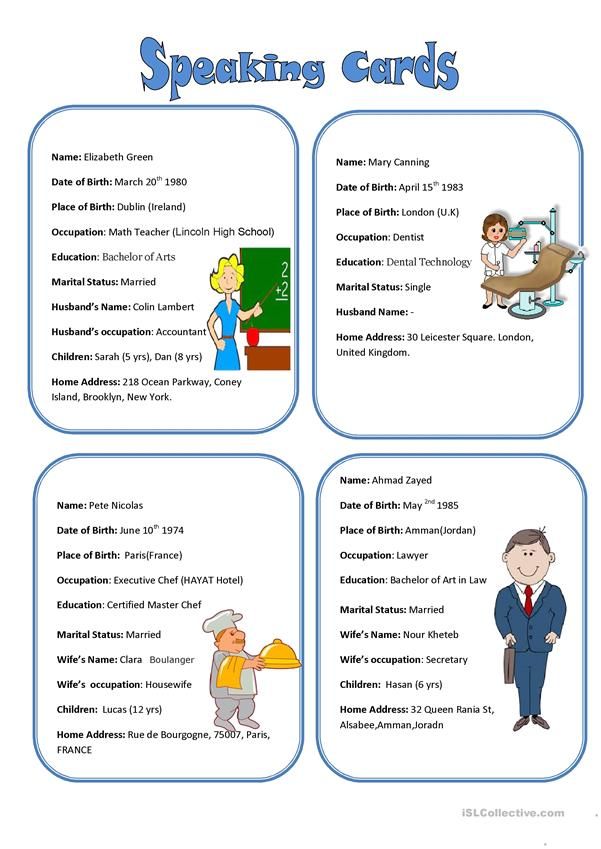 Would you rather be the sand castle or the wave?
Would you rather be the sand castle or the wave?
53. Would you rather live to 100 years old sad or live to 50 years old but happy?
54. Would you rather live without TV or live without internet?
We have lots more of these by the way in this 101 list of the BEST "would you rather...?" questions for kids.
Are you a teacher?
Take advantage of our NEW free daily email service. An awesome classroom conversation starter sent to you at this time every day.
Try these with Harry Potter fans!
55. Which Hogwarts house would you be sorted into and why? (critical thinking)
56. If you owned the Philosopher's stone and could live forever, what would you do? (creativity)
57. What make Harry Potter a good leader? (leadership)
58. Is Professor Snape on the good side or the bad side? (critical thinking)
59. Why do wizards hide themselves away from muggles? (philosophy)
60. How would you explain the game of quidditch to a muggle? (communication)
61.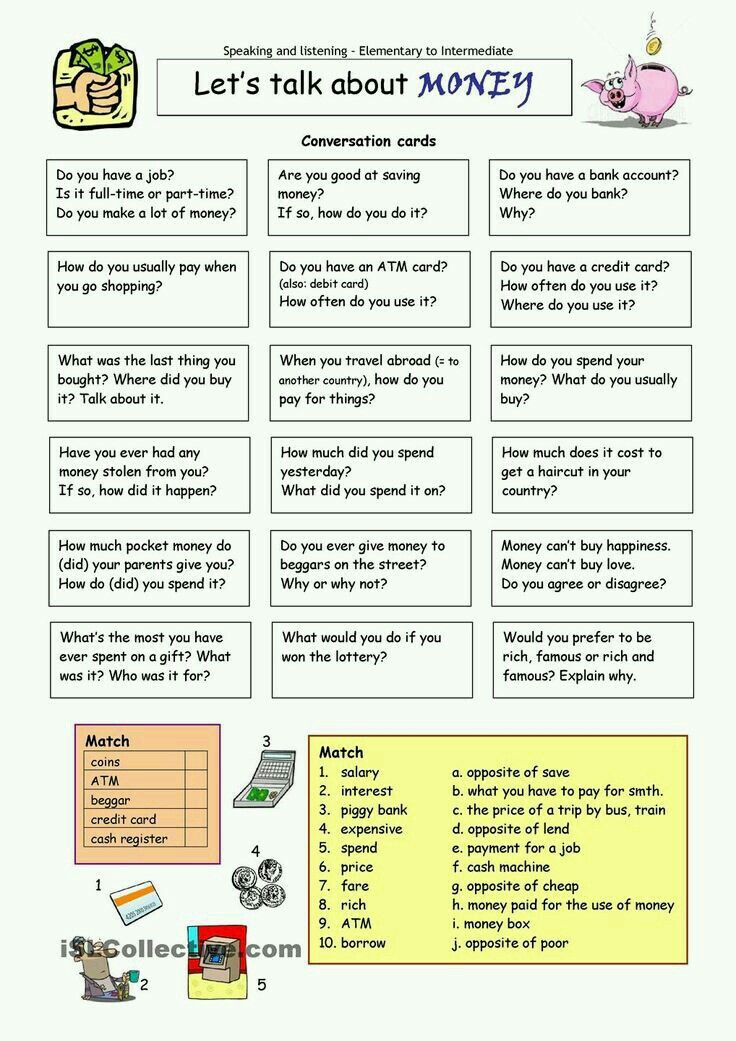 Why are most wizards scared to say "Lord Voldemort" out aloud? (empathy)
Why are most wizards scared to say "Lord Voldemort" out aloud? (empathy)
62. How do dementors make you feel? (mindfulness)
63. If you were an animagus and could turn into any animal, which would you choose and why? (creativity)
64. Which magical object would you choose to have and why - marauders map, time turner or invisibility cloak? (critical thinking)
65. What makes Dumbledore such a good headmaster? (leadership)
Get to know you interview questions
66. What are your three greatest strengths?
67. What is your favourite subject?
68. What makes you different?
69. What are your three greatest weaknesses?
70. Who do you want to be like when you grow up?
71. What is happening in the book you are reading right now?
72. What will be different about the world when you are an adult?
73. What is going on in the news at the moment?
74. Who are your best friends and why do you like each other?
75.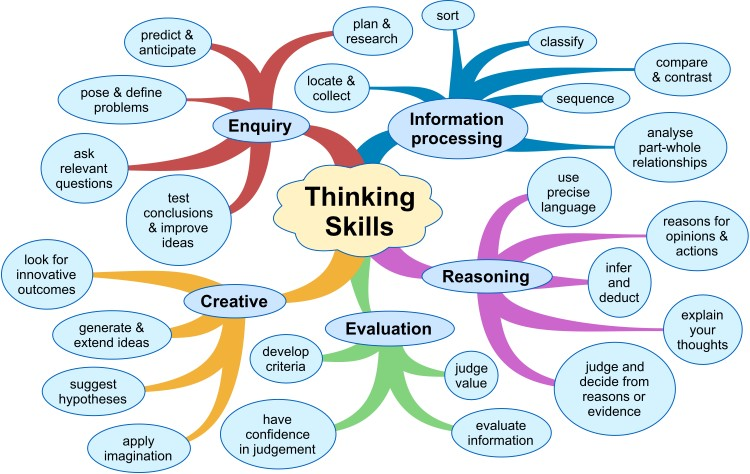 What is the funniest thing you have ever done?
What is the funniest thing you have ever done?
76. What motivates you?
To build resilience
77. What is a growth mindset?
78. What do you feel grateful for today?
79. What is something you can do today that you couldn’t last year?
80. What does a confident person look and sound like?
81. What do you worry about the most?
82. What are you better at than most other people?
83. What do you love to learn?
84. What make you happy?
85. How important is winning?
86. What is your best quality?
87. What do you find really easy to do?
88. What can you teach others?
Perfect for family dinners89. What is your favourite dessert?
90. If you could just eat one food forever what would it be?
91. Where shall we go on holiday next?
92. What is one thing you admire about the person on your left?
93.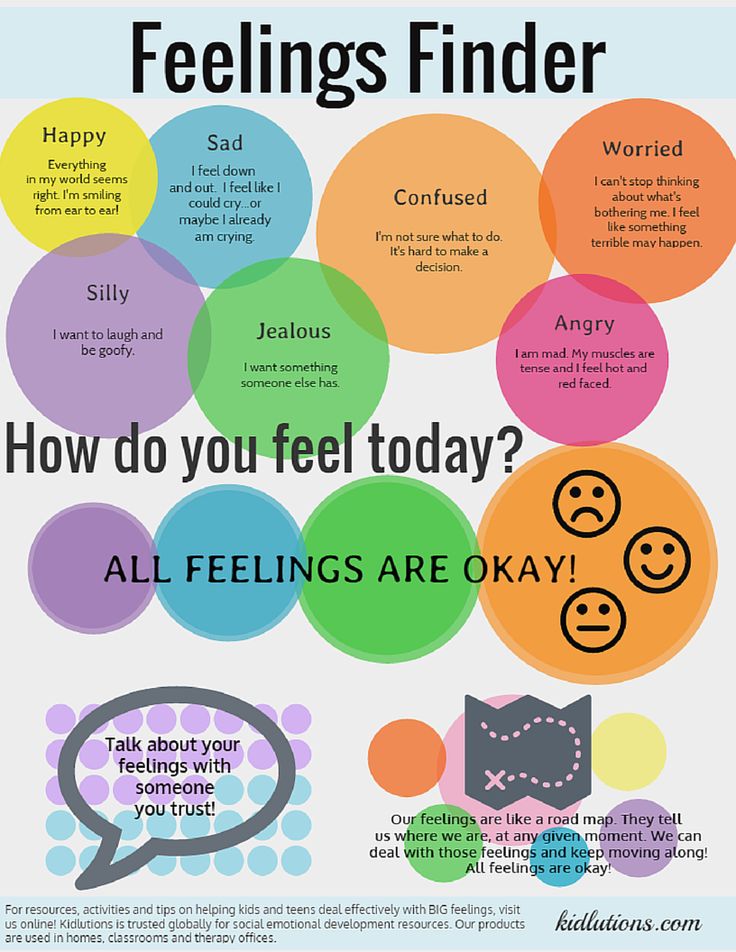 What animal are you most like and why?
What animal are you most like and why?
94. If you could swap places with anybody else in the family for one day, who would you pick and why?
95. Tell us something about yourself that we probably don’t know?
96. If you could have one wish what would it be?
97. What is the hardest thing about being a child?
98. What three words best describe you?
99. What three things do we want to do as a family next month?
100. If you could choose a new name, what would it be?
101. What will we all be doing in 20 years time?
A final suggestion
If you liked this then why not check out the KidCoachApp (30 second demo video above) which has everything from this article and much more in it, all regularly updated!
It puts these great questions in the palm of your hand and the next time you are in need of some conversation inspiration all you have to do is whip out the app! There are hundreds of critical thinking questions for kids that need logical and lateral thinking to answer.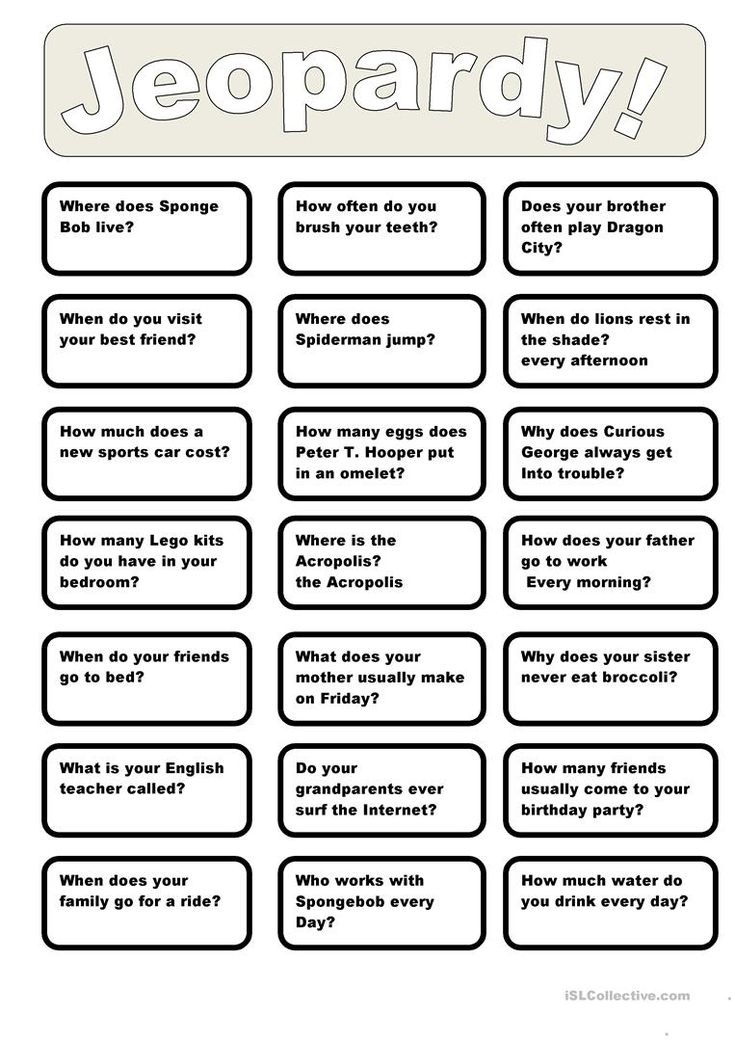 🤔
🤔
We are backed by lots of education and parenting experts (see our Advisory Board here) and parents have absolutely loved using the KidCoachApp (see the reviews here).
It's a 2 week free trial, with no payment details needed, so you have nothing to lose. 👍
👇 Download the KidCoachApp now from your usual app store.
| |||
| nine0000 | |||
| SOURCE: | Pedagogy.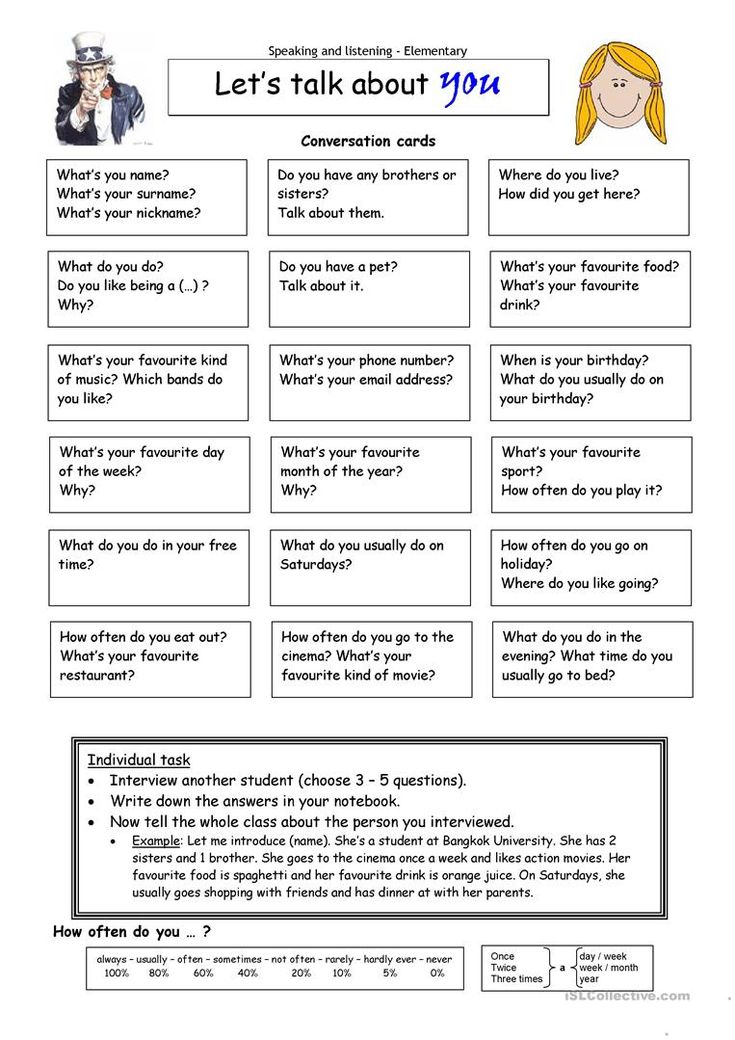 Issues of theory and practice (included in the list of VAK) . Tambov: Diploma, 2017. No. 4. P. 33-37. Issues of theory and practice (included in the list of VAK) . Tambov: Diploma, 2017. No. 4. P. 33-37. | ||
| SECTION: | Educational sciences | ||
| Order of publication of articles | Show room content | Show all articles in the section | Index | |||
License agreement for the use of scientific materials.
Moscow State Pedagogical University
Abstract. The paper deals with the problem of socialization of schoolchildren in modern society. The features of the development of social skills of schoolchildren as a pedagogical problem are studied.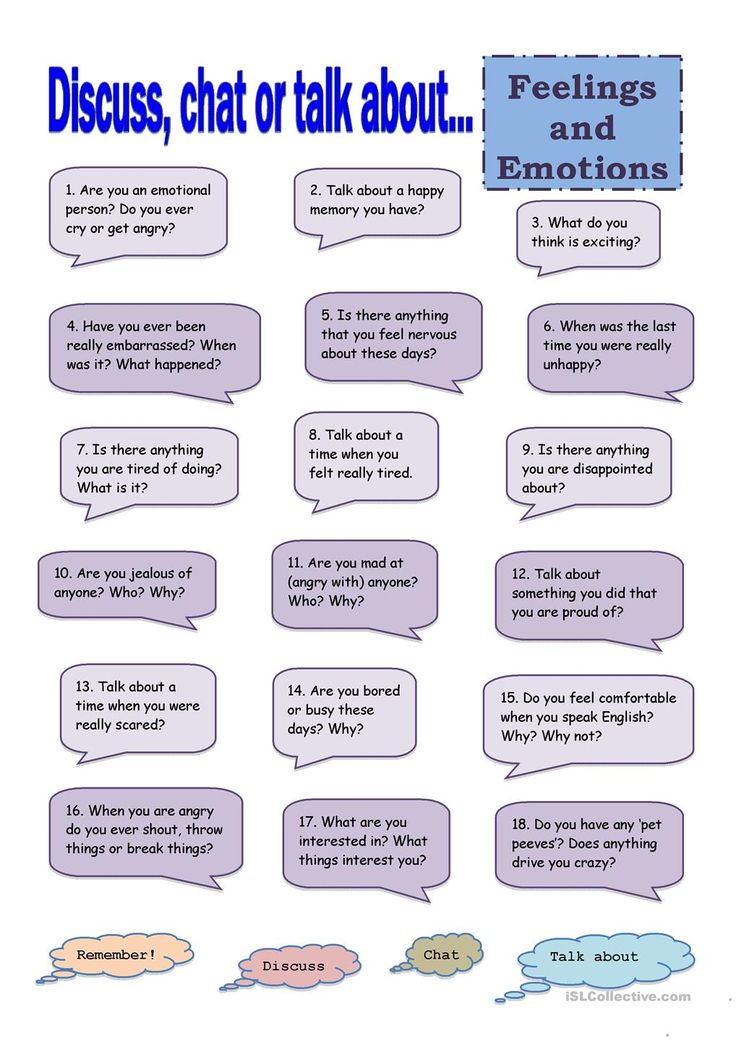 The central idea and tasks of the socialization of the student's personality are determined. Criteria and components included in the social competence of a schoolchild are singled out. The principles of organizing the content of upbringing and socialization in relation to the educational system are characterized. The role of the teacher in the formation of social skills in children of school age is shown. nine0009
The central idea and tasks of the socialization of the student's personality are determined. Criteria and components included in the social competence of a schoolchild are singled out. The principles of organizing the content of upbringing and socialization in relation to the educational system are characterized. The role of the teacher in the formation of social skills in children of school age is shown. nine0009
Key words and phrases: socialization, social skills, components of social competence, social activity, social interaction, socialization, social skills, components of social competence, social activity, social interaction
| nine0087 Open the full text of the article in PDF format. |
- Baykova LA Study of the social health of children and students: theoretical and methodological foundations // Pedagogical education and science. 2016. No. 3. P. 59-63.
- Belitskaya GE Social competence of the individual. M.: IP RAN, 2009. 245 p.
- Malkina-Pykh IG Age-related crises [Electronic resource]. URL: http://www.universalinternetlibrary.ru/book/8453/ogl.shtml#t1 (date of access: 11/27/2017).
- Mamaeva SV Forms and methods of schoolchildren's socialization on the basis of cooperation between family, school, community: methodological developments. Yoshkar-Ola: Mari Institute of Education, 2016. 16 p.
- Mudrik AV Social pedagogy: a textbook for students. institutions of higher prof. education. 8th edition, corrected. and additional M.: Academy, 2013. 240 p. nine0099
- On education in the Russian Federation [Electronic resource]: Federal Law of December 29, 2012 No.
 273-FZ (as amended of December 19, 2016 No. 455-FZ). URL: http://base.garant.ru/70291362/ (date of access: 11/27/2017).
273-FZ (as amended of December 19, 2016 No. 455-FZ). URL: http://base.garant.ru/70291362/ (date of access: 11/27/2017). - On the approval of the federal state educational standard of secondary general education [Electronic resource]: Order of the Ministry of Education and Science of the Russian Federation of May 17, 2012 No. 413 (as amended). URL: http://base.garant.ru/70188902/ (date of access: 11/27/2017). nine0099
- Development of social skills of children aged 5-7 years: cognitive-playing activities / ed. O. R. Meremyanina. Ed. 2nd. Volgograd: Uchitel, 2013. 142 p.
- Rean AA Personality socialization // Rean AA, Kolominsky Ya. L. Social pedagogical psychology. St. Petersburg: Peter, 1999. S. 32-34.
- Serebryakova AA Features of socialization of preschool children at the present stage of society development // Personality socialization in the educational process: materials of the Sixth All-Russian Scientific and Practical Conference (Lesosibirsk, October 20-21, 2016) / ed.
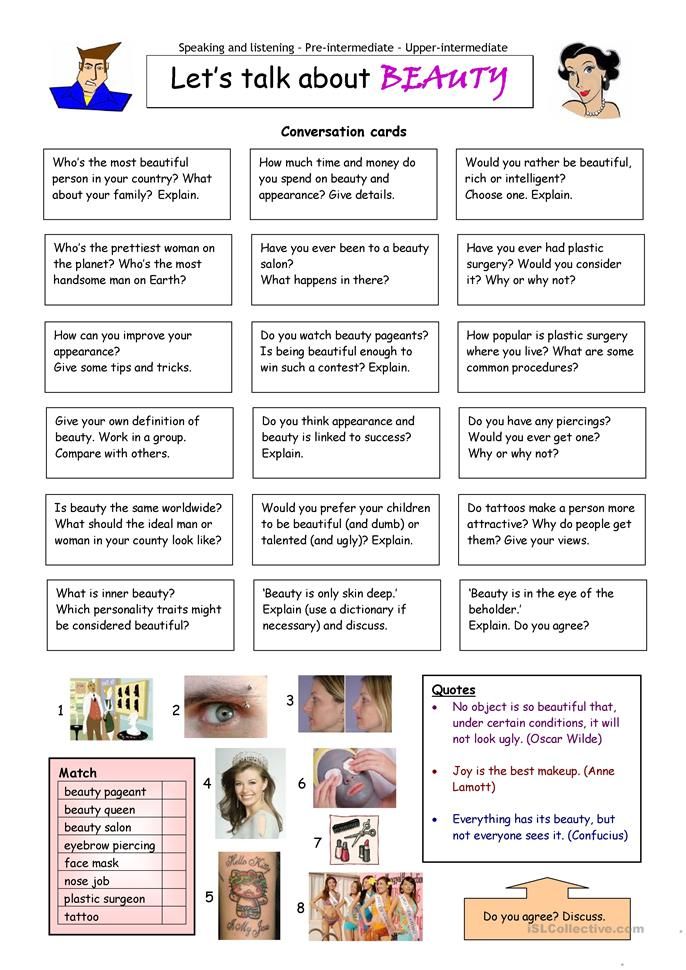 S. V. Mitrosenko. Krasnoyarsk: Sib. fed. un-t, 2016. S. 172-174. nine0099
S. V. Mitrosenko. Krasnoyarsk: Sib. fed. un-t, 2016. S. 172-174. nine0099 - Dictionary of social pedagogy / ed. L. V. Mardakhaev. M.: Academy, 2012. 388 p.
| The procedure for publishing articles | Show room content | Show all articles in the section | Index |
© 2006-2022 GRAMOTA 9 Publishing House0029
website development and creation, search engine optimization: krav.ru
Psychological and pedagogical conditions for the formation of social skills in young children
%PDF-1.5 % 10 obj > /Metadata 4 0 R >> endobj 5 0 obj /Title >> endobj 20 obj > endobj 3 0 obj > endobj 40 obj > stream
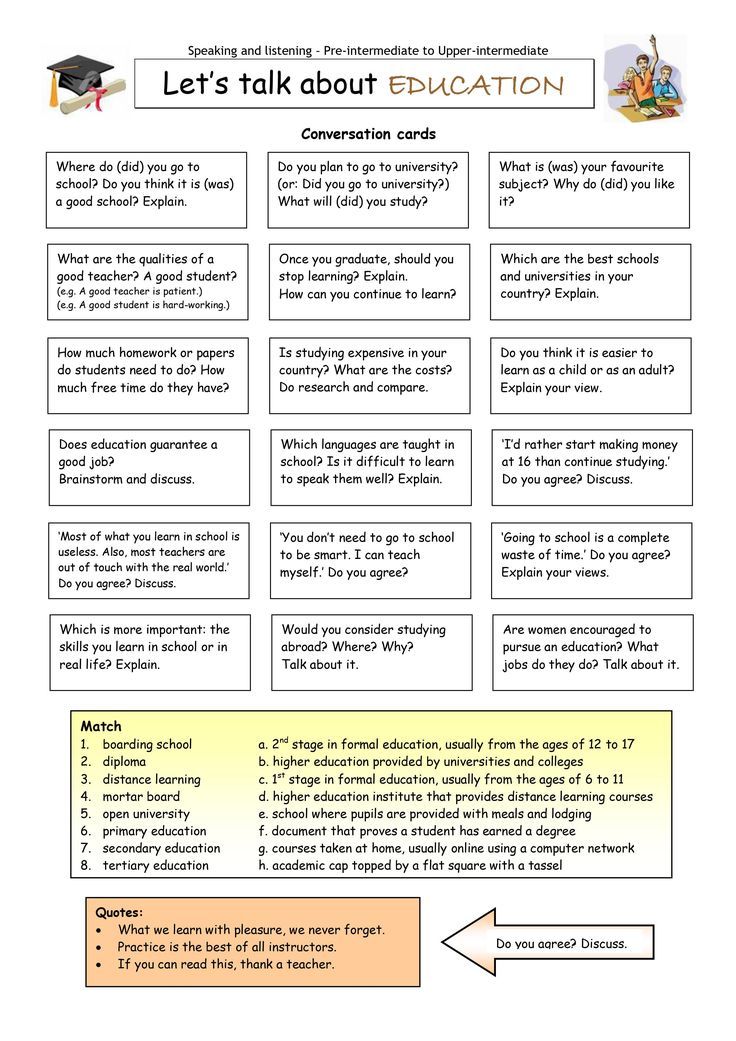 A.1.52017-11-29T12:33:49+05:002017-11-29T12:33:49+05:00 endstream endobj 6 0 obj > /ProcSet [/PDF /Text /ImageB /ImageC /ImageI] /XObject> >> /MediaBox[0 0 595.
A.1.52017-11-29T12:33:49+05:002017-11-29T12:33:49+05:00 endstream endobj 6 0 obj > /ProcSet [/PDF /Text /ImageB /ImageC /ImageI] /XObject> >> /MediaBox[0 0 595.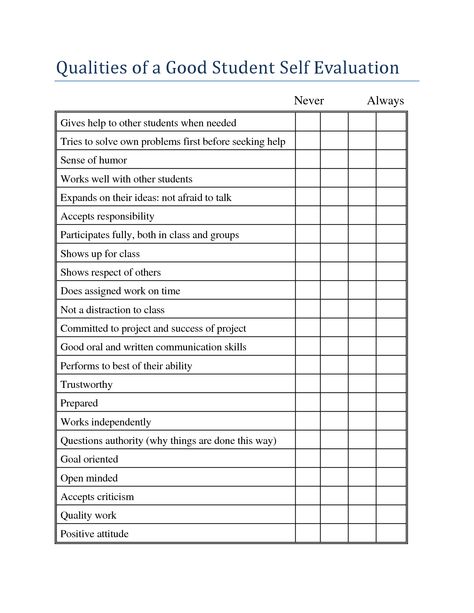 32 841.92] /Contents[133 0 R 134 0 R 135 0 R] /group> /Tabs /S /StructParents 0 /Annots [136 0R] >> endobj 70 obj > /ProcSet [/PDF /Text /ImageB /ImageC /ImageI] >> /Annots [138 0 R 139 0 R 140 0 R 141 0 R 142 0 R 143 0 R 144 0 R 145 0 R 146 0 R 147 0 R 148 0 R 149 0 R 150 0 R 151 0 R 152 0 R 153 0 R 154 0 R 155 0 R] /MediaBox [0 0 595.32 841.92] /Contents 156 0 R /group> /Tabs /S /StructParents 1 >> endobj 80 obj > /ProcSet [/PDF /Text /ImageB /ImageC /ImageI] >> /MediaBox[0 0 595.32 841.92] /Contents 157 0R /group> /Tabs /S /StructParents 20 >> endobj 9 0 obj > /ProcSet [/PDF /Text /ImageB /ImageC /ImageI] >> /MediaBox [0 0 595.32 841.92] /Contents 159 0 R /group> /Tabs /S /StructParents 21 >> endobj 10 0 obj > /ProcSet [/PDF /Text /ImageB /ImageC /ImageI] >> /MediaBox [0 0 595.32 841.92] /Contents 160 0 R /group> /Tabs /S /StructParents 22 >> endobj 11 0 obj > /ProcSet [/PDF /Text /ImageB /ImageC /ImageI] >> /MediaBox[0 0 595.32 841.92] /Contents 161 0 R /group> /Tabs /S /StructParents 23 >> endobj 12 0 obj > /ProcSet [/PDF /Text /ImageB /ImageC /ImageI] >> /MediaBox [0 0 595.
32 841.92] /Contents[133 0 R 134 0 R 135 0 R] /group> /Tabs /S /StructParents 0 /Annots [136 0R] >> endobj 70 obj > /ProcSet [/PDF /Text /ImageB /ImageC /ImageI] >> /Annots [138 0 R 139 0 R 140 0 R 141 0 R 142 0 R 143 0 R 144 0 R 145 0 R 146 0 R 147 0 R 148 0 R 149 0 R 150 0 R 151 0 R 152 0 R 153 0 R 154 0 R 155 0 R] /MediaBox [0 0 595.32 841.92] /Contents 156 0 R /group> /Tabs /S /StructParents 1 >> endobj 80 obj > /ProcSet [/PDF /Text /ImageB /ImageC /ImageI] >> /MediaBox[0 0 595.32 841.92] /Contents 157 0R /group> /Tabs /S /StructParents 20 >> endobj 9 0 obj > /ProcSet [/PDF /Text /ImageB /ImageC /ImageI] >> /MediaBox [0 0 595.32 841.92] /Contents 159 0 R /group> /Tabs /S /StructParents 21 >> endobj 10 0 obj > /ProcSet [/PDF /Text /ImageB /ImageC /ImageI] >> /MediaBox [0 0 595.32 841.92] /Contents 160 0 R /group> /Tabs /S /StructParents 22 >> endobj 11 0 obj > /ProcSet [/PDF /Text /ImageB /ImageC /ImageI] >> /MediaBox[0 0 595.32 841.92] /Contents 161 0 R /group> /Tabs /S /StructParents 23 >> endobj 12 0 obj > /ProcSet [/PDF /Text /ImageB /ImageC /ImageI] >> /MediaBox [0 0 595.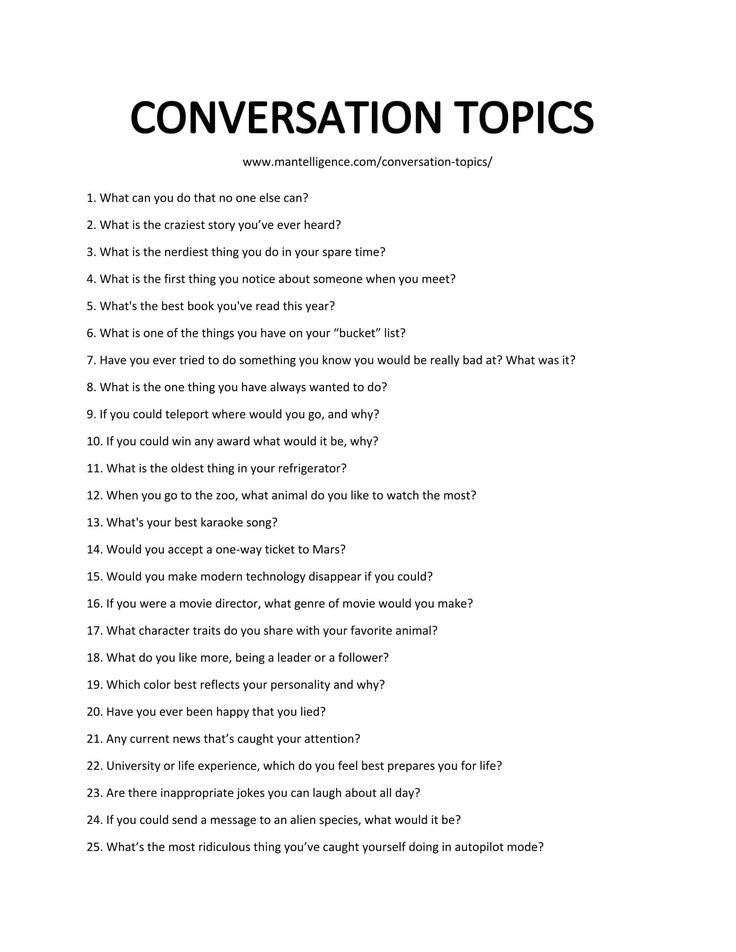 32 841.92] /Contents 162 0 R /group> /Tabs /S /StructParents 24 >> endobj 13 0 obj > /ProcSet [/PDF /Text /ImageB /ImageC /ImageI] >> /MediaBox [0 0 595.32 841.92] /Contents 163 0 R /group> /Tabs /S /StructParents 25 >> endobj 14 0 obj > /ProcSet [/PDF /Text /ImageB /ImageC /ImageI] >> /MediaBox[0 0 595.32 841.92] /Contents 164 0 R /group> /Tabs /S /StructParents 26 >> endobj 15 0 obj > /ProcSet [/PDF /Text /ImageB /ImageC /ImageI] >> /MediaBox [0 0 595.32 841.92] /Contents 165 0 R /group> /Tabs /S /StructParents 27 >> endobj 16 0 obj > /ProcSet [/PDF /Text /ImageB /ImageC /ImageI] >> /MediaBox [0 0 595.32 841.92] /Contents 166 0 R /group> /Tabs /S /StructParents 28 >> endobj 17 0 obj > /ProcSet [/PDF /Text /ImageB /ImageC /ImageI] >> /MediaBox[0 0 595.32 841.92] /Contents 167 0 R /group> /Tabs /S /StructParents 29 >> endobj 18 0 obj > /ProcSet [/PDF /Text /ImageB /ImageC /ImageI] >> /MediaBox [0 0 595.32 841.92] /Contents 168 0 R /group> /Tabs /S /StructParents 30 >> endobj 19 0 obj > /ProcSet [/PDF /Text /ImageB /ImageC /ImageI] >> /MediaBox [0 0 595.
32 841.92] /Contents 162 0 R /group> /Tabs /S /StructParents 24 >> endobj 13 0 obj > /ProcSet [/PDF /Text /ImageB /ImageC /ImageI] >> /MediaBox [0 0 595.32 841.92] /Contents 163 0 R /group> /Tabs /S /StructParents 25 >> endobj 14 0 obj > /ProcSet [/PDF /Text /ImageB /ImageC /ImageI] >> /MediaBox[0 0 595.32 841.92] /Contents 164 0 R /group> /Tabs /S /StructParents 26 >> endobj 15 0 obj > /ProcSet [/PDF /Text /ImageB /ImageC /ImageI] >> /MediaBox [0 0 595.32 841.92] /Contents 165 0 R /group> /Tabs /S /StructParents 27 >> endobj 16 0 obj > /ProcSet [/PDF /Text /ImageB /ImageC /ImageI] >> /MediaBox [0 0 595.32 841.92] /Contents 166 0 R /group> /Tabs /S /StructParents 28 >> endobj 17 0 obj > /ProcSet [/PDF /Text /ImageB /ImageC /ImageI] >> /MediaBox[0 0 595.32 841.92] /Contents 167 0 R /group> /Tabs /S /StructParents 29 >> endobj 18 0 obj > /ProcSet [/PDF /Text /ImageB /ImageC /ImageI] >> /MediaBox [0 0 595.32 841.92] /Contents 168 0 R /group> /Tabs /S /StructParents 30 >> endobj 19 0 obj > /ProcSet [/PDF /Text /ImageB /ImageC /ImageI] >> /MediaBox [0 0 595.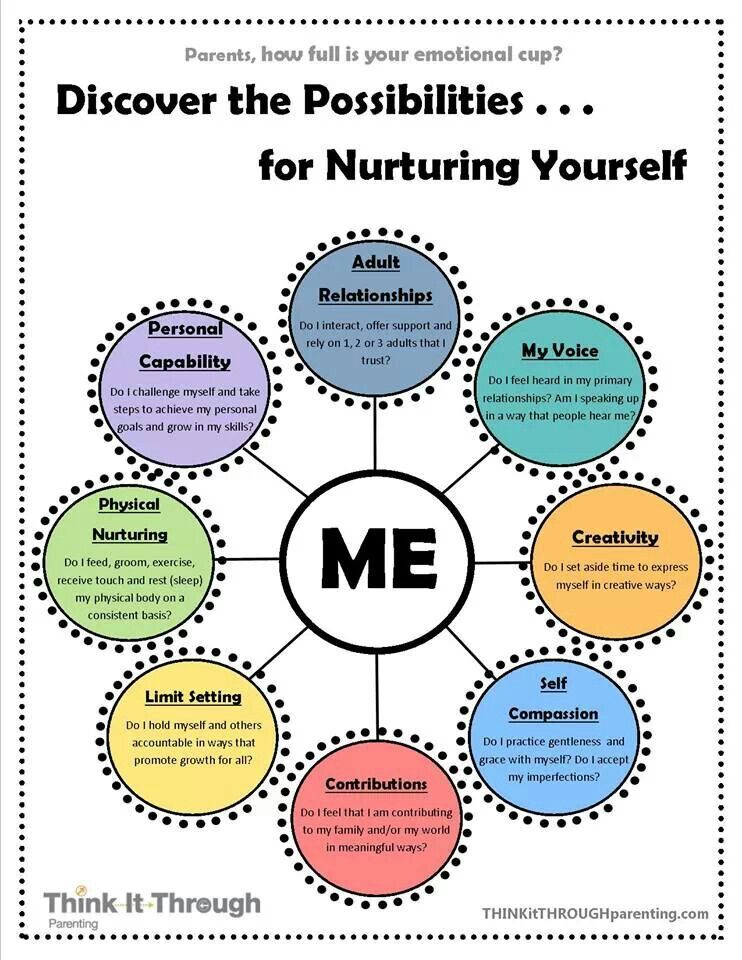 32 841.92] /Contents 169 0 R /group> /Tabs /S /StructParents 31 >> endobj 20 0 obj > /ProcSet [/PDF /Text /ImageB /ImageC /ImageI] >> /MediaBox[0 0 595.32 841.92] /Contents 171 0R /group> /Tabs /S /StructParents 32 >> endobj 21 0 obj > /ProcSet [/PDF /Text /ImageB /ImageC /ImageI] >> /MediaBox [0 0 595.32 841.92] /Contents 172 0R /group> /Tabs /S /StructParents 33 >> endobj 22 0 obj > /ProcSet [/PDF /Text /ImageB /ImageC /ImageI] >> /MediaBox [0 0 595.32 841.92] /Contents 173 0R /group> /Tabs /S /StructParents 34 >> endobj 23 0 obj > /ProcSet [/PDF /Text /ImageB /ImageC /ImageI] >> /MediaBox[0 0 595.32 841.92] /Contents 174 0 R /group> /Tabs /S /StructParents 35 >> endobj 24 0 obj > /ProcSet [/PDF /Text /ImageB /ImageC /ImageI] >> /MediaBox [0 0 595.32 841.92] /Contents 175 0 R /group> /Tabs /S /StructParents 36 >> endobj 25 0 obj > /ProcSet [/PDF /Text /ImageB /ImageC /ImageI] >> /MediaBox [0 0 595.32 841.92] /Contents 176 0 R /group> /Tabs /S /StructParents 37 >> endobj 26 0 obj > /ProcSet [/PDF /Text /ImageB /ImageC /ImageI] >> /MediaBox[0 0 595.
32 841.92] /Contents 169 0 R /group> /Tabs /S /StructParents 31 >> endobj 20 0 obj > /ProcSet [/PDF /Text /ImageB /ImageC /ImageI] >> /MediaBox[0 0 595.32 841.92] /Contents 171 0R /group> /Tabs /S /StructParents 32 >> endobj 21 0 obj > /ProcSet [/PDF /Text /ImageB /ImageC /ImageI] >> /MediaBox [0 0 595.32 841.92] /Contents 172 0R /group> /Tabs /S /StructParents 33 >> endobj 22 0 obj > /ProcSet [/PDF /Text /ImageB /ImageC /ImageI] >> /MediaBox [0 0 595.32 841.92] /Contents 173 0R /group> /Tabs /S /StructParents 34 >> endobj 23 0 obj > /ProcSet [/PDF /Text /ImageB /ImageC /ImageI] >> /MediaBox[0 0 595.32 841.92] /Contents 174 0 R /group> /Tabs /S /StructParents 35 >> endobj 24 0 obj > /ProcSet [/PDF /Text /ImageB /ImageC /ImageI] >> /MediaBox [0 0 595.32 841.92] /Contents 175 0 R /group> /Tabs /S /StructParents 36 >> endobj 25 0 obj > /ProcSet [/PDF /Text /ImageB /ImageC /ImageI] >> /MediaBox [0 0 595.32 841.92] /Contents 176 0 R /group> /Tabs /S /StructParents 37 >> endobj 26 0 obj > /ProcSet [/PDF /Text /ImageB /ImageC /ImageI] >> /MediaBox[0 0 595.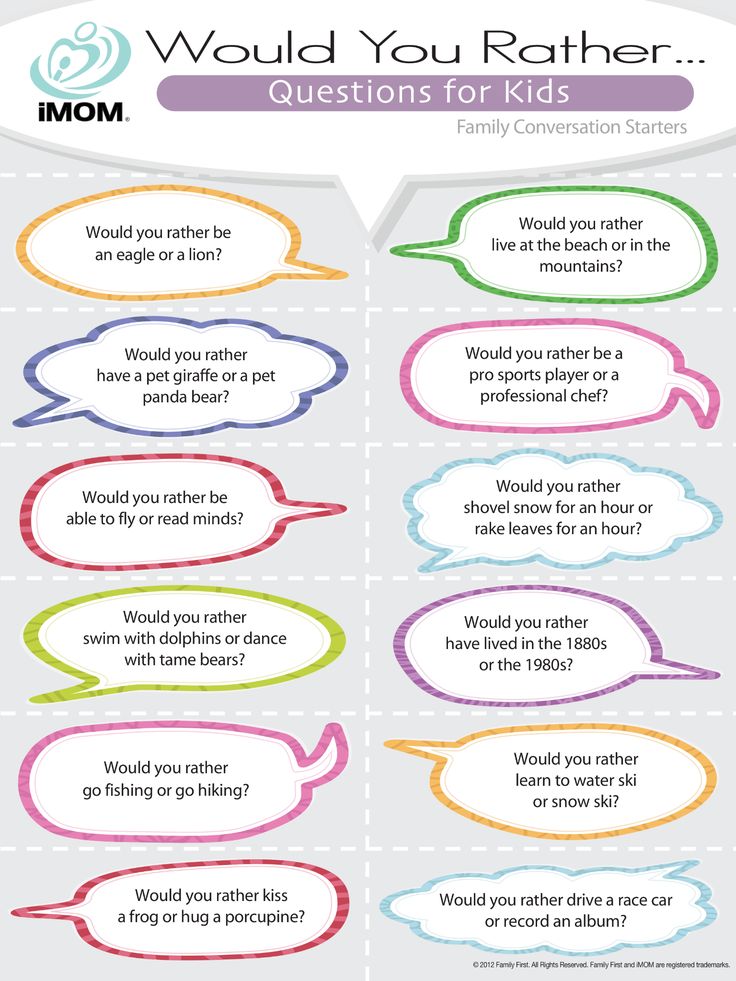 32 841.92] /Contents 177 0R /group> /Tabs /S /StructParents 38 >> endobj 27 0 obj > /ProcSet [/PDF /Text /ImageB /ImageC /ImageI] >> /MediaBox [0 0 595.32 841.92] /Contents 178 0R /group> /Tabs /S /StructParents 39 >> endobj 28 0 obj > /ProcSet [/PDF /Text /ImageB /ImageC /ImageI] >> /MediaBox [0 0 595.32 841.92] /Contents 179 0 R /group> /Tabs /S /StructParents 40 >> endobj 29 0 obj > /ProcSet [/PDF /Text /ImageB /ImageC /ImageI] >> /MediaBox[0 0 595.32 841.92] /Contents 180 0 R /group> /Tabs /S /StructParents 41 >> endobj 30 0 obj > /ProcSet [/PDF /Text /ImageB /ImageC /ImageI] >> /MediaBox [0 0 595.32 841.92] /Contents 181 0 R /group> /Tabs /S /StructParents 42 >> endobj 31 0 obj > /ProcSet [/PDF /Text /ImageB /ImageC /ImageI] >> /MediaBox [0 0 595.32 841.92] /Contents 182 0 R /group> /Tabs /S /StructParents 43 >> endobj 32 0 obj > /ProcSet [/PDF /Text /ImageB /ImageC /ImageI] >> /MediaBox[0 0 595.32 841.92] /Contents 183 0 R /group> /Tabs /S /StructParents 44 >> endobj 33 0 obj > /ProcSet [/PDF /Text /ImageB /ImageC /ImageI] >> /MediaBox [0 0 595.
32 841.92] /Contents 177 0R /group> /Tabs /S /StructParents 38 >> endobj 27 0 obj > /ProcSet [/PDF /Text /ImageB /ImageC /ImageI] >> /MediaBox [0 0 595.32 841.92] /Contents 178 0R /group> /Tabs /S /StructParents 39 >> endobj 28 0 obj > /ProcSet [/PDF /Text /ImageB /ImageC /ImageI] >> /MediaBox [0 0 595.32 841.92] /Contents 179 0 R /group> /Tabs /S /StructParents 40 >> endobj 29 0 obj > /ProcSet [/PDF /Text /ImageB /ImageC /ImageI] >> /MediaBox[0 0 595.32 841.92] /Contents 180 0 R /group> /Tabs /S /StructParents 41 >> endobj 30 0 obj > /ProcSet [/PDF /Text /ImageB /ImageC /ImageI] >> /MediaBox [0 0 595.32 841.92] /Contents 181 0 R /group> /Tabs /S /StructParents 42 >> endobj 31 0 obj > /ProcSet [/PDF /Text /ImageB /ImageC /ImageI] >> /MediaBox [0 0 595.32 841.92] /Contents 182 0 R /group> /Tabs /S /StructParents 43 >> endobj 32 0 obj > /ProcSet [/PDF /Text /ImageB /ImageC /ImageI] >> /MediaBox[0 0 595.32 841.92] /Contents 183 0 R /group> /Tabs /S /StructParents 44 >> endobj 33 0 obj > /ProcSet [/PDF /Text /ImageB /ImageC /ImageI] >> /MediaBox [0 0 595.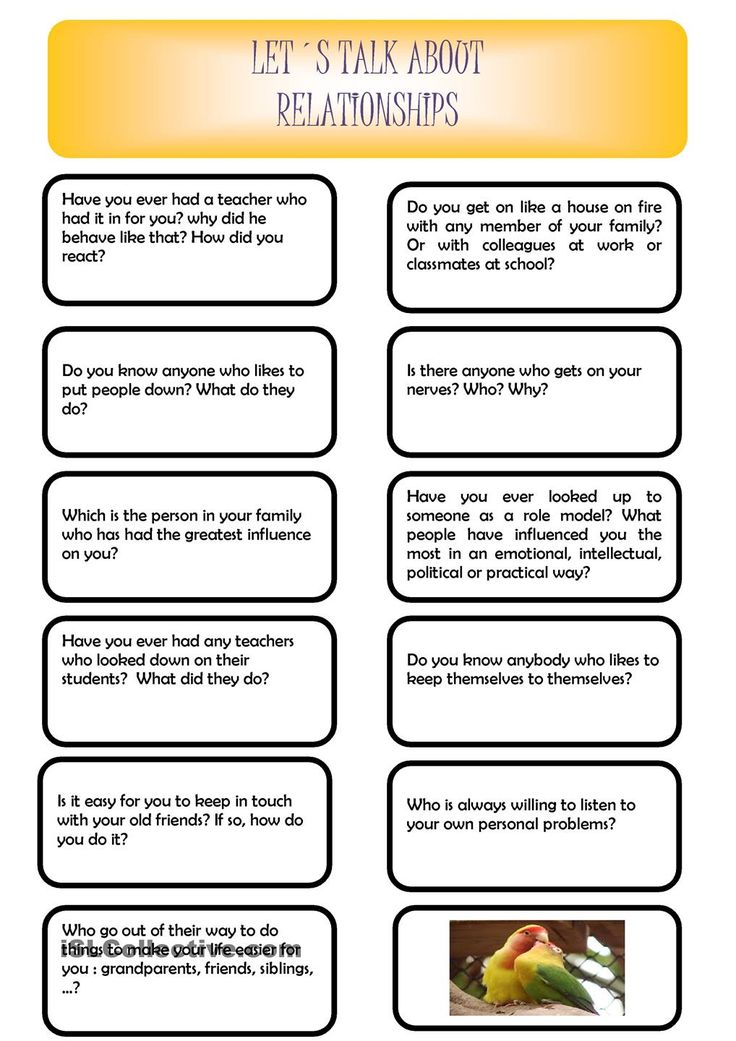 32 841.92] /Contents 184 0 R /group> /Tabs /S /StructParents 45 >> endobj 34 0 obj > /ProcSet [/PDF /Text /ImageB /ImageC /ImageI] >> /MediaBox [0 0 595.32 841.92] /Contents 185 0R /group> /Tabs /S /StructParents 46 >> endobj 35 0 obj > /ProcSet [/PDF /Text /ImageB /ImageC /ImageI] >> /MediaBox[0 0 595.32 841.92] /Contents 186 0R /group> /Tabs /S /StructParents 47 >> endobj 36 0 obj > /ProcSet [/PDF /Text /ImageB /ImageC /ImageI] >> /MediaBox [0 0 595.32 841.92] /Contents 187 0R /group> /Tabs /S /StructParents 48 >> endobj 37 0 obj > /ProcSet [/PDF /Text /ImageB /ImageC /ImageI] >> /MediaBox [0 0 595.32 841.92] /Contents 188 0 R /group> /Tabs /S /StructParents 49 >> endobj 38 0 obj > /ProcSet [/PDF /Text /ImageB /ImageC /ImageI] >> /MediaBox[0 0 595.32 841.92] /Contents 189 0 R /group> /Tabs /S /StructParents 50 >> endobj 39 0 obj > /ProcSet [/PDF /Text /ImageB /ImageC /ImageI] >> /MediaBox [0 0 595.32 841.92] /Contents 190 0 R /group> /Tabs /S /StructParents 51 >> endobj 40 0 obj > /ProcSet [/PDF /Text /ImageB /ImageC /ImageI] >> /MediaBox [0 0 595.
32 841.92] /Contents 184 0 R /group> /Tabs /S /StructParents 45 >> endobj 34 0 obj > /ProcSet [/PDF /Text /ImageB /ImageC /ImageI] >> /MediaBox [0 0 595.32 841.92] /Contents 185 0R /group> /Tabs /S /StructParents 46 >> endobj 35 0 obj > /ProcSet [/PDF /Text /ImageB /ImageC /ImageI] >> /MediaBox[0 0 595.32 841.92] /Contents 186 0R /group> /Tabs /S /StructParents 47 >> endobj 36 0 obj > /ProcSet [/PDF /Text /ImageB /ImageC /ImageI] >> /MediaBox [0 0 595.32 841.92] /Contents 187 0R /group> /Tabs /S /StructParents 48 >> endobj 37 0 obj > /ProcSet [/PDF /Text /ImageB /ImageC /ImageI] >> /MediaBox [0 0 595.32 841.92] /Contents 188 0 R /group> /Tabs /S /StructParents 49 >> endobj 38 0 obj > /ProcSet [/PDF /Text /ImageB /ImageC /ImageI] >> /MediaBox[0 0 595.32 841.92] /Contents 189 0 R /group> /Tabs /S /StructParents 50 >> endobj 39 0 obj > /ProcSet [/PDF /Text /ImageB /ImageC /ImageI] >> /MediaBox [0 0 595.32 841.92] /Contents 190 0 R /group> /Tabs /S /StructParents 51 >> endobj 40 0 obj > /ProcSet [/PDF /Text /ImageB /ImageC /ImageI] >> /MediaBox [0 0 595.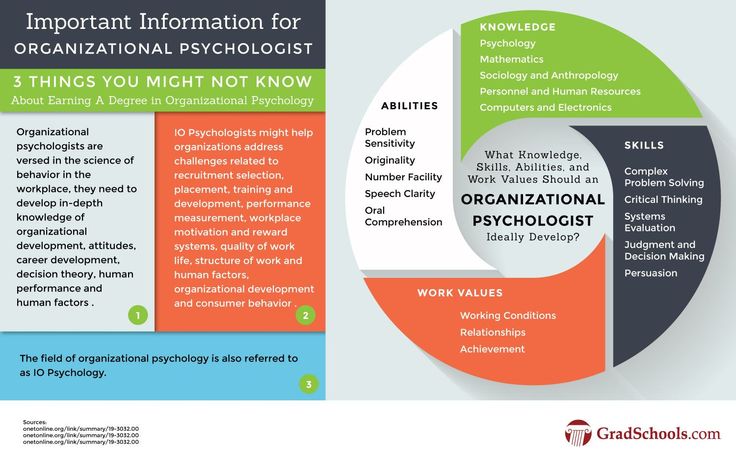 32 841.92] /Contents 191 0 R /group> /Tabs /S /StructParents 52 >> endobj 41 0 obj > /ProcSet [/PDF /Text /ImageB /ImageC /ImageI] >> /MediaBox[0 0 595.32 841.92] /Contents 192 0 R /group> /Tabs /S /StructParents 53 >> endobj 42 0 obj > /XObject> /ProcSet [/PDF /Text /ImageB /ImageC /ImageI] >> /MediaBox [0 0 595.32 841.92] /Contents 194 0 R /group> /Tabs /S /StructParents 54 >> endobj 43 0 obj > /ProcSet [/PDF /Text /ImageB /ImageC /ImageI] >> /MediaBox [0 0 595.32 841.92] /Contents 195 0 R /group> /Tabs /S /StructParents 55 >> endobj 44 0 obj > /XObject> /ProcSet [/PDF /Text /ImageB /ImageC /ImageI] >> /MediaBox[0 0 595.32 841.92] /Contents 197 0R /group> /Tabs /S /StructParents 56 >> endobj 45 0 obj > /ProcSet [/PDF /Text /ImageB /ImageC /ImageI] >> /MediaBox [0 0 595.32 841.92] /Contents 198 0 R /group> /Tabs /S /StructParents 57 >> endobj 46 0 obj > /ProcSet [/PDF /Text /ImageB /ImageC /ImageI] >> /MediaBox [0 0 595.32 841.92] /Contents 199 0 R /group> /Tabs /S /StructParents 58 >> endobj 47 0 obj > /ProcSet [/PDF /Text /ImageB /ImageC /ImageI] >> /MediaBox[0 0 595.
32 841.92] /Contents 191 0 R /group> /Tabs /S /StructParents 52 >> endobj 41 0 obj > /ProcSet [/PDF /Text /ImageB /ImageC /ImageI] >> /MediaBox[0 0 595.32 841.92] /Contents 192 0 R /group> /Tabs /S /StructParents 53 >> endobj 42 0 obj > /XObject> /ProcSet [/PDF /Text /ImageB /ImageC /ImageI] >> /MediaBox [0 0 595.32 841.92] /Contents 194 0 R /group> /Tabs /S /StructParents 54 >> endobj 43 0 obj > /ProcSet [/PDF /Text /ImageB /ImageC /ImageI] >> /MediaBox [0 0 595.32 841.92] /Contents 195 0 R /group> /Tabs /S /StructParents 55 >> endobj 44 0 obj > /XObject> /ProcSet [/PDF /Text /ImageB /ImageC /ImageI] >> /MediaBox[0 0 595.32 841.92] /Contents 197 0R /group> /Tabs /S /StructParents 56 >> endobj 45 0 obj > /ProcSet [/PDF /Text /ImageB /ImageC /ImageI] >> /MediaBox [0 0 595.32 841.92] /Contents 198 0 R /group> /Tabs /S /StructParents 57 >> endobj 46 0 obj > /ProcSet [/PDF /Text /ImageB /ImageC /ImageI] >> /MediaBox [0 0 595.32 841.92] /Contents 199 0 R /group> /Tabs /S /StructParents 58 >> endobj 47 0 obj > /ProcSet [/PDF /Text /ImageB /ImageC /ImageI] >> /MediaBox[0 0 595.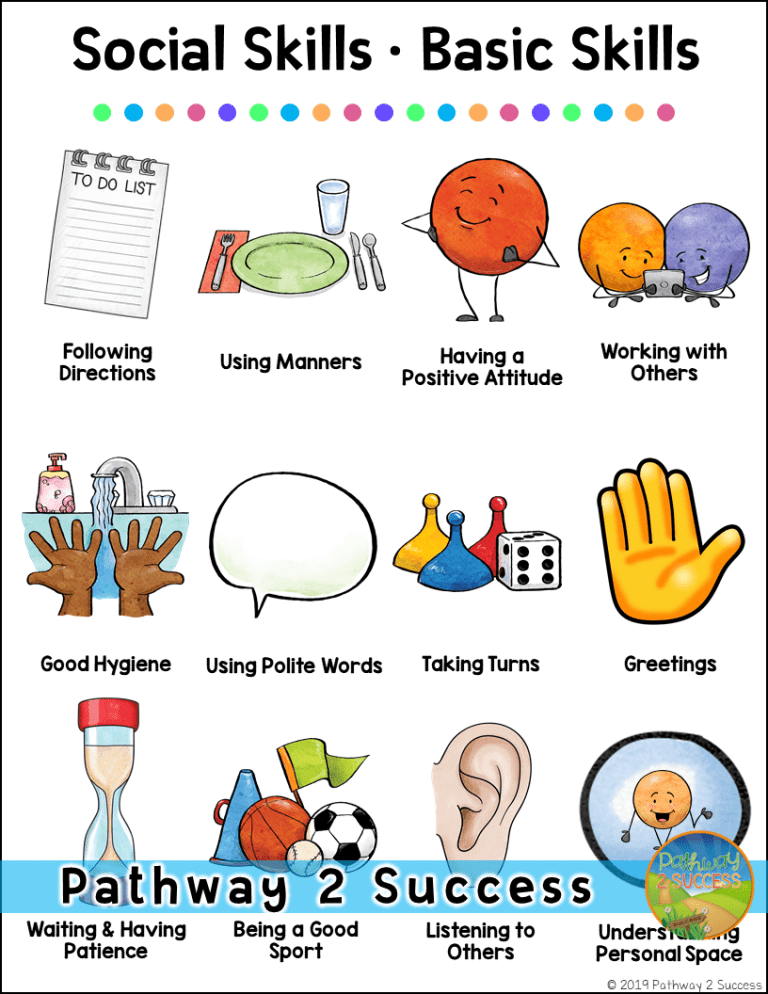 32 841.92] /Contents 200 0R /group> /Tabs /S /StructParents 59 >> endobj 48 0 obj > /ProcSet [/PDF /Text /ImageB /ImageC /ImageI] >> /MediaBox [0 0 595.32 841.92] /Contents 202 0 R /group> /Tabs /S /StructParents 60 >> endobj 49 0 obj > /ProcSet [/PDF /Text /ImageB /ImageC /ImageI] >> /MediaBox [0 0 595.32 841.92] /Contents 203 0 R /group> /Tabs /S /StructParents 61 >> endobj 50 0 obj > /ProcSet [/PDF /Text /ImageB /ImageC /ImageI] >> /MediaBox[0 0 595.32 841.92] /Contents 204 0 R /group> /Tabs /S /StructParents 62 >> endobj 51 0 obj > /ProcSet [/PDF /Text /ImageB /ImageC /ImageI] >> /MediaBox [0 0 595.32 841.92] /Contents 205 0 R /group> /Tabs /S /StructParents 63 >> endobj 52 0 obj > /ProcSet [/PDF /Text /ImageB /ImageC /ImageI] >> /MediaBox [0 0 595.32 841.92] /Contents 206 0 R /group> /Tabs /S /StructParents 64 >> endobj 53 0 obj > /ProcSet [/PDF /Text /ImageB /ImageC /ImageI] >> /MediaBox[0 0 595.32 841.92] /Contents 207 0 R /group> /Tabs /S /StructParents 65 >> endobj 54 0 obj > /ProcSet [/PDF /Text /ImageB /ImageC /ImageI] >> /MediaBox [0 0 595.
32 841.92] /Contents 200 0R /group> /Tabs /S /StructParents 59 >> endobj 48 0 obj > /ProcSet [/PDF /Text /ImageB /ImageC /ImageI] >> /MediaBox [0 0 595.32 841.92] /Contents 202 0 R /group> /Tabs /S /StructParents 60 >> endobj 49 0 obj > /ProcSet [/PDF /Text /ImageB /ImageC /ImageI] >> /MediaBox [0 0 595.32 841.92] /Contents 203 0 R /group> /Tabs /S /StructParents 61 >> endobj 50 0 obj > /ProcSet [/PDF /Text /ImageB /ImageC /ImageI] >> /MediaBox[0 0 595.32 841.92] /Contents 204 0 R /group> /Tabs /S /StructParents 62 >> endobj 51 0 obj > /ProcSet [/PDF /Text /ImageB /ImageC /ImageI] >> /MediaBox [0 0 595.32 841.92] /Contents 205 0 R /group> /Tabs /S /StructParents 63 >> endobj 52 0 obj > /ProcSet [/PDF /Text /ImageB /ImageC /ImageI] >> /MediaBox [0 0 595.32 841.92] /Contents 206 0 R /group> /Tabs /S /StructParents 64 >> endobj 53 0 obj > /ProcSet [/PDF /Text /ImageB /ImageC /ImageI] >> /MediaBox[0 0 595.32 841.92] /Contents 207 0 R /group> /Tabs /S /StructParents 65 >> endobj 54 0 obj > /ProcSet [/PDF /Text /ImageB /ImageC /ImageI] >> /MediaBox [0 0 595.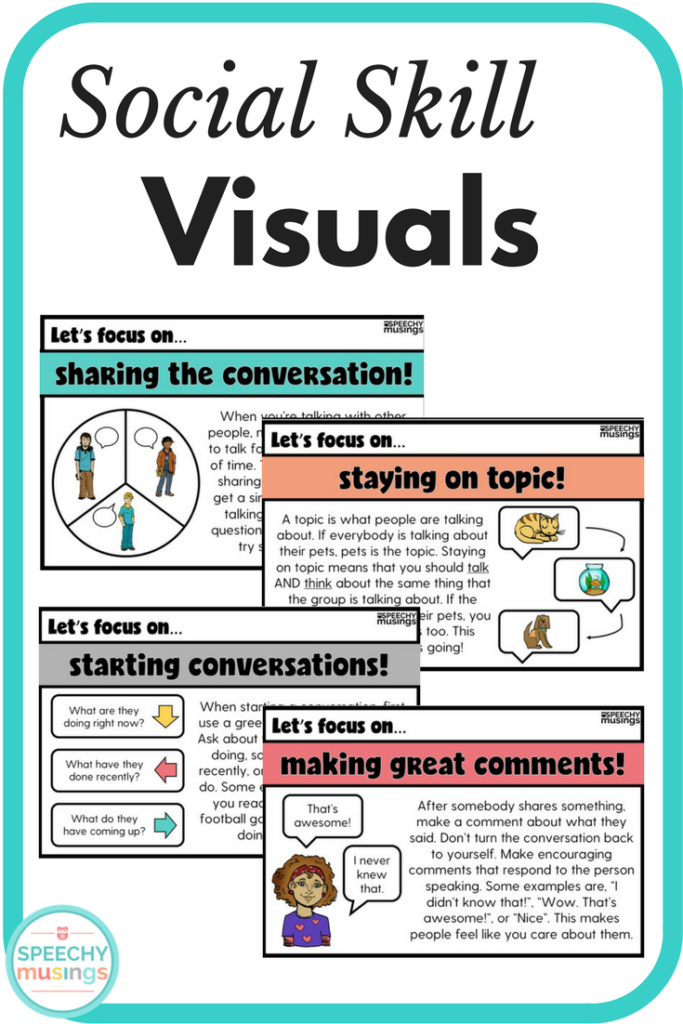 32 841.92] /Contents 208 0 R /group> /Tabs /S /StructParents 66 >> endobj 55 0 obj > /ProcSet [/PDF /Text /ImageB /ImageC /ImageI] >> /MediaBox [0 0 595.32 841.92] /Contents 209 0 R /group> /Tabs /S /StructParents 67 >> endobj 56 0 obj > /XObject> /ProcSet [/PDF /Text /ImageB /ImageC /ImageI] >> /MediaBox[0 0 595.32 841.92] /Contents 211 0 R /group> /Tabs /S /StructParents 68 >> endobj 57 0 obj > /XObject> /ProcSet [/PDF /Text /ImageB /ImageC /ImageI] >> /MediaBox [0 0 595.32 841.92] /Contents 213 0 R /group> /Tabs /S /StructParents 69 >> endobj 58 0 obj > /XObject> /ProcSet [/PDF /Text /ImageB /ImageC /ImageI] >> /MediaBox [0 0 595.32 841.92] /Contents 215 0R /group> /Tabs /S /StructParents 70 >> endobj 59 0 obj > /ProcSet [/PDF /Text /ImageB /ImageC /ImageI] >> /MediaBox[0 0 595.32 841.92] /Contents 216 0R /group> /Tabs /S /StructParents 71 >> endobj 60 0 obj > /ProcSet [/PDF /Text /ImageB /ImageC /ImageI] >> /MediaBox [0 0 595.32 841.92] /Contents 217 0R /group> /Tabs /S /StructParents 72 >> endobj 61 0 obj > /ProcSet [/PDF /Text /ImageB /ImageC /ImageI] >> /MediaBox [0 0 595.
32 841.92] /Contents 208 0 R /group> /Tabs /S /StructParents 66 >> endobj 55 0 obj > /ProcSet [/PDF /Text /ImageB /ImageC /ImageI] >> /MediaBox [0 0 595.32 841.92] /Contents 209 0 R /group> /Tabs /S /StructParents 67 >> endobj 56 0 obj > /XObject> /ProcSet [/PDF /Text /ImageB /ImageC /ImageI] >> /MediaBox[0 0 595.32 841.92] /Contents 211 0 R /group> /Tabs /S /StructParents 68 >> endobj 57 0 obj > /XObject> /ProcSet [/PDF /Text /ImageB /ImageC /ImageI] >> /MediaBox [0 0 595.32 841.92] /Contents 213 0 R /group> /Tabs /S /StructParents 69 >> endobj 58 0 obj > /XObject> /ProcSet [/PDF /Text /ImageB /ImageC /ImageI] >> /MediaBox [0 0 595.32 841.92] /Contents 215 0R /group> /Tabs /S /StructParents 70 >> endobj 59 0 obj > /ProcSet [/PDF /Text /ImageB /ImageC /ImageI] >> /MediaBox[0 0 595.32 841.92] /Contents 216 0R /group> /Tabs /S /StructParents 71 >> endobj 60 0 obj > /ProcSet [/PDF /Text /ImageB /ImageC /ImageI] >> /MediaBox [0 0 595.32 841.92] /Contents 217 0R /group> /Tabs /S /StructParents 72 >> endobj 61 0 obj > /ProcSet [/PDF /Text /ImageB /ImageC /ImageI] >> /MediaBox [0 0 595.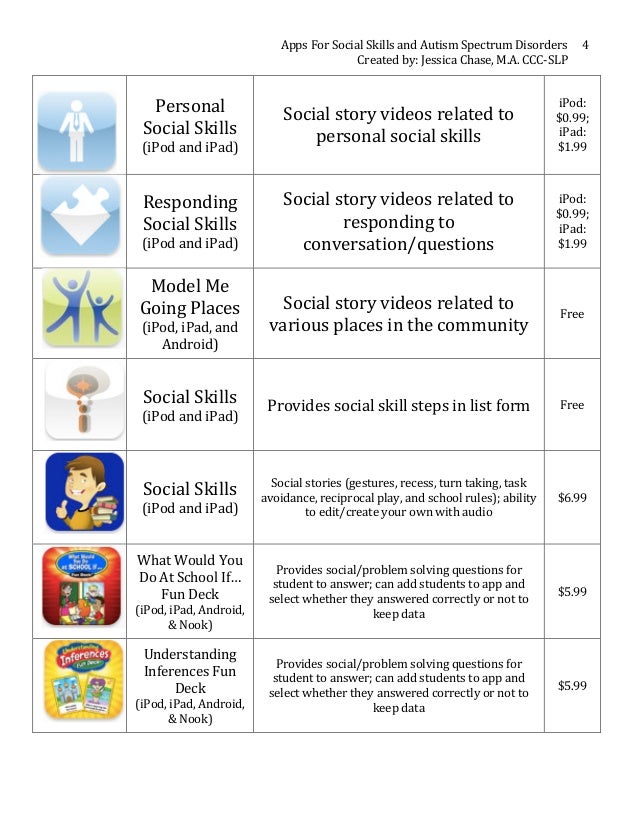 32 841.92] /Contents 218 0R /group> /Tabs /S /StructParents 73 >> endobj 62 0 obj > /ProcSet [/PDF /Text /ImageB /ImageC /ImageI] >> /MediaBox[0 0 595.32 841.92] /Contents 219 0 R /group> /Tabs /S /StructParents 74 >> endobj 63 0 obj > /ProcSet [/PDF /Text /ImageB /ImageC /ImageI] >> /MediaBox [0 0 595.32 841.92] /Contents 220 0 R /group> /Tabs /S /StructParents 75 >> endobj 64 0 obj > /ProcSet [/PDF /Text /ImageB /ImageC /ImageI] >> /MediaBox [0 0 595.32 841.92] /Contents 222 0 R /group> /Tabs /S /StructParents 76 >> endobj 65 0 obj > /ProcSet [/PDF /Text /ImageB /ImageC /ImageI] >> /MediaBox[0 0 595.32 841.92] /Contents 223 0 R /group> /Tabs /S /StructParents 77 >> endobj 66 0 obj > /ProcSet [/PDF /Text /ImageB /ImageC /ImageI] >> /MediaBox [0 0 595.32 841.92] /Contents 224 0 R /group> /Tabs /S /StructParents 78 >> endobj 67 0 obj > /ProcSet [/PDF /Text /ImageB /ImageC /ImageI] >> /MediaBox [0 0 595.32 841.92] /Contents 225 0 R /group> /Tabs /S /StructParents 79 >> endobj 68 0 obj > /ProcSet [/PDF /Text /ImageB /ImageC /ImageI] >> /MediaBox[0 0 595.
32 841.92] /Contents 218 0R /group> /Tabs /S /StructParents 73 >> endobj 62 0 obj > /ProcSet [/PDF /Text /ImageB /ImageC /ImageI] >> /MediaBox[0 0 595.32 841.92] /Contents 219 0 R /group> /Tabs /S /StructParents 74 >> endobj 63 0 obj > /ProcSet [/PDF /Text /ImageB /ImageC /ImageI] >> /MediaBox [0 0 595.32 841.92] /Contents 220 0 R /group> /Tabs /S /StructParents 75 >> endobj 64 0 obj > /ProcSet [/PDF /Text /ImageB /ImageC /ImageI] >> /MediaBox [0 0 595.32 841.92] /Contents 222 0 R /group> /Tabs /S /StructParents 76 >> endobj 65 0 obj > /ProcSet [/PDF /Text /ImageB /ImageC /ImageI] >> /MediaBox[0 0 595.32 841.92] /Contents 223 0 R /group> /Tabs /S /StructParents 77 >> endobj 66 0 obj > /ProcSet [/PDF /Text /ImageB /ImageC /ImageI] >> /MediaBox [0 0 595.32 841.92] /Contents 224 0 R /group> /Tabs /S /StructParents 78 >> endobj 67 0 obj > /ProcSet [/PDF /Text /ImageB /ImageC /ImageI] >> /MediaBox [0 0 595.32 841.92] /Contents 225 0 R /group> /Tabs /S /StructParents 79 >> endobj 68 0 obj > /ProcSet [/PDF /Text /ImageB /ImageC /ImageI] >> /MediaBox[0 0 595. 32 841.92] /Contents 226 0 R /group> /Tabs /S /StructParents 80 >> endobj 69 0 obj > /ProcSet [/PDF /Text /ImageB /ImageC /ImageI] >> /MediaBox [0 0 595.32 841.92] /Contents 227 0 R /group> /Tabs /S /StructParents 81 >> endobj 70 0 obj > /ProcSet [/PDF /Text /ImageB /ImageC /ImageI] >> /MediaBox [0 0 595.32 841.92] /Contents 228 0 R /group> /Tabs /S /StructParents 82 >> endobj 71 0 obj > /ProcSet [/PDF /Text /ImageB /ImageC /ImageI] >> /MediaBox[0 0 841.92 595.32] /Contents 229 0 R /group> /Tabs /S /StructParents 83 >> endobj 72 0 obj > /ProcSet [/PDF /Text /ImageB /ImageC /ImageI] >> /MediaBox [0 0 841.92 595.32] /Contents 230 0 R /group> /Tabs /S /StructParents 84 >> endobj 73 0 obj > /ProcSet [/PDF /Text /ImageB /ImageC /ImageI] >> /MediaBox [0 0 841.92 595.32] /Contents 231 0 R /group> /Tabs /S /StructParents 85 >> endobj 74 0 obj > /ProcSet [/PDF /Text /ImageB /ImageC /ImageI] >> /MediaBox[0 0 841.92 595.32] /Contents 232 0 R /group> /Tabs /S /StructParents 86 >> endobj 75 0 obj > /ProcSet [/PDF /Text /ImageB /ImageC /ImageI] >> /MediaBox [0 0 595.
32 841.92] /Contents 226 0 R /group> /Tabs /S /StructParents 80 >> endobj 69 0 obj > /ProcSet [/PDF /Text /ImageB /ImageC /ImageI] >> /MediaBox [0 0 595.32 841.92] /Contents 227 0 R /group> /Tabs /S /StructParents 81 >> endobj 70 0 obj > /ProcSet [/PDF /Text /ImageB /ImageC /ImageI] >> /MediaBox [0 0 595.32 841.92] /Contents 228 0 R /group> /Tabs /S /StructParents 82 >> endobj 71 0 obj > /ProcSet [/PDF /Text /ImageB /ImageC /ImageI] >> /MediaBox[0 0 841.92 595.32] /Contents 229 0 R /group> /Tabs /S /StructParents 83 >> endobj 72 0 obj > /ProcSet [/PDF /Text /ImageB /ImageC /ImageI] >> /MediaBox [0 0 841.92 595.32] /Contents 230 0 R /group> /Tabs /S /StructParents 84 >> endobj 73 0 obj > /ProcSet [/PDF /Text /ImageB /ImageC /ImageI] >> /MediaBox [0 0 841.92 595.32] /Contents 231 0 R /group> /Tabs /S /StructParents 85 >> endobj 74 0 obj > /ProcSet [/PDF /Text /ImageB /ImageC /ImageI] >> /MediaBox[0 0 841.92 595.32] /Contents 232 0 R /group> /Tabs /S /StructParents 86 >> endobj 75 0 obj > /ProcSet [/PDF /Text /ImageB /ImageC /ImageI] >> /MediaBox [0 0 595.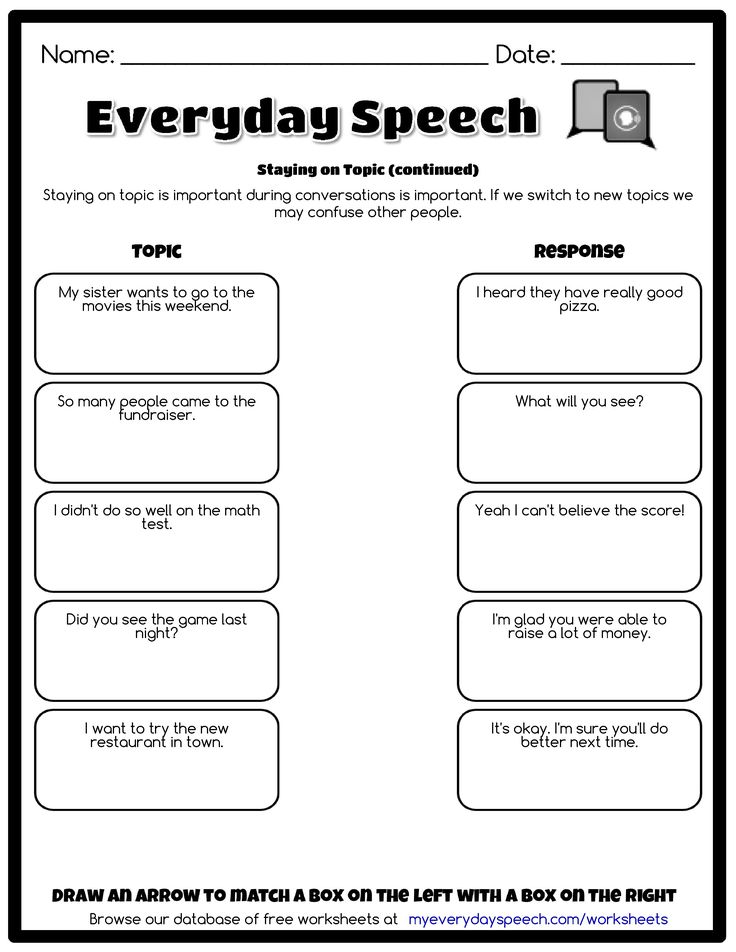 32 841.92] /Contents 233 0 R /group> /Tabs /S /StructParents 87 >> endobj 76 0 obj > /ProcSet [/PDF /Text /ImageB /ImageC /ImageI] >> /MediaBox [0 0 595.32 841.92] /Contents 234 0 R /group> /Tabs /S /StructParents 88 >> endobj 77 0 obj > /ProcSet [/PDF /Text /ImageB /ImageC /ImageI] >> /MediaBox[0 0 595.32 841.92] /Contents 235 0 R /group> /Tabs /S /StructParents 89 >> endobj 78 0 obj > /ProcSet [/PDF /Text /ImageB /ImageC /ImageI] >> /MediaBox [0 0 595.32 841.92] /Contents 236 0 R /group> /Tabs /S /StructParents 90 >> endobj 79 0 obj > /ProcSet [/PDF /Text /ImageB /ImageC /ImageI] >> /MediaBox [0 0 841.92 595.32] /Contents 237 0R /group> /Tabs /S /StructParents 91 >> endobj 80 0 obj > /ProcSet [/PDF /Text /ImageB /ImageC /ImageI] >> /MediaBox[0 0 841.92 595.32] /Contents 238 0 R /group> /Tabs /S /StructParents 92 >> endobj 81 0 obj > /XObject> /ProcSet [/PDF /Text /ImageB /ImageC /ImageI] >> /MediaBox [0 0 595.32 841.92] /Contents 241 0 R /group> /Tabs /S /StructParents 93 >> endobj 82 0 obj > /XObject> /ProcSet [/PDF /Text /ImageB /ImageC /ImageI] >> /MediaBox [0 0 595.
32 841.92] /Contents 233 0 R /group> /Tabs /S /StructParents 87 >> endobj 76 0 obj > /ProcSet [/PDF /Text /ImageB /ImageC /ImageI] >> /MediaBox [0 0 595.32 841.92] /Contents 234 0 R /group> /Tabs /S /StructParents 88 >> endobj 77 0 obj > /ProcSet [/PDF /Text /ImageB /ImageC /ImageI] >> /MediaBox[0 0 595.32 841.92] /Contents 235 0 R /group> /Tabs /S /StructParents 89 >> endobj 78 0 obj > /ProcSet [/PDF /Text /ImageB /ImageC /ImageI] >> /MediaBox [0 0 595.32 841.92] /Contents 236 0 R /group> /Tabs /S /StructParents 90 >> endobj 79 0 obj > /ProcSet [/PDF /Text /ImageB /ImageC /ImageI] >> /MediaBox [0 0 841.92 595.32] /Contents 237 0R /group> /Tabs /S /StructParents 91 >> endobj 80 0 obj > /ProcSet [/PDF /Text /ImageB /ImageC /ImageI] >> /MediaBox[0 0 841.92 595.32] /Contents 238 0 R /group> /Tabs /S /StructParents 92 >> endobj 81 0 obj > /XObject> /ProcSet [/PDF /Text /ImageB /ImageC /ImageI] >> /MediaBox [0 0 595.32 841.92] /Contents 241 0 R /group> /Tabs /S /StructParents 93 >> endobj 82 0 obj > /XObject> /ProcSet [/PDF /Text /ImageB /ImageC /ImageI] >> /MediaBox [0 0 595.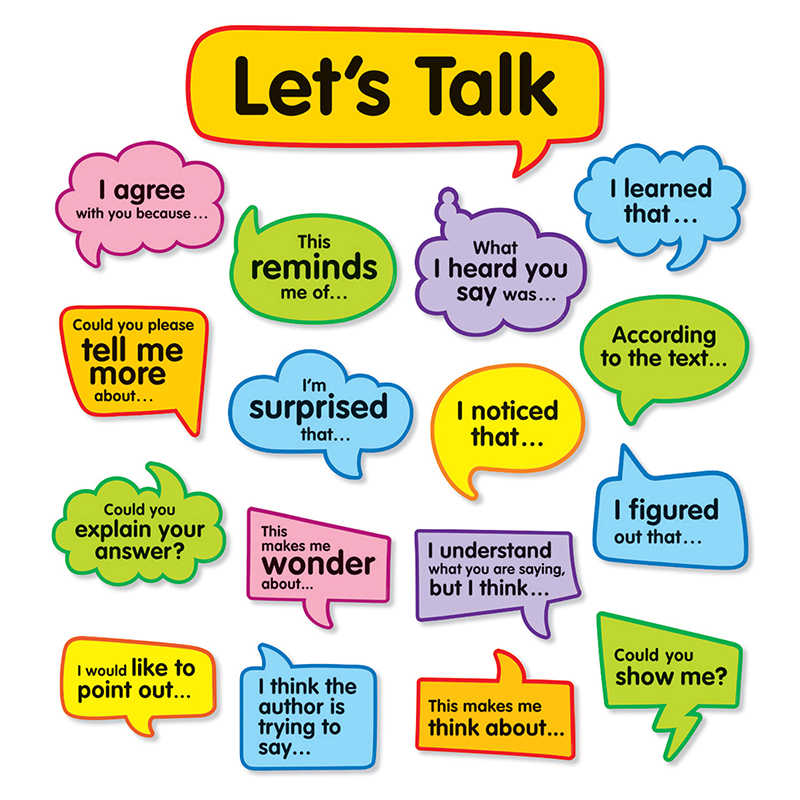 32 841.92] /Contents 245 0 R /group> /Tabs /S /StructParents 94 >> endobj 83 0 obj > /XObject> /ProcSet [/PDF /Text /ImageB /ImageC /ImageI] >> /MediaBox[0 0 595.32 841.92] /Contents 248 0 R /group> /Tabs /S /StructParents 95 >> endobj 84 0 obj > /XObject> /ProcSet [/PDF /Text /ImageB /ImageC /ImageI] >> /MediaBox [0 0 595.32 841.92] /Contents 252 0 R /group> /Tabs /S /StructParents 96 >> endobj 85 0 obj > /ProcSet [/PDF /Text /ImageB /ImageC /ImageI] >> /MediaBox [0 0 841.92 595.32] /Contents 253 0 R /group> /Tabs /S /StructParents 97 >> endobj 86 0 obj > /ProcSet [/PDF /Text /ImageB /ImageC /ImageI] >> /MediaBox[0 0 841.92 595.32] /Contents 254 0 R /group> /Tabs /S /StructParents 98 >> endobj 87 0 obj > /ProcSet [/PDF /Text /ImageB /ImageC /ImageI] >> /MediaBox [0 0 841.92 595.32] /Contents 255 0 R /group> /Tabs /S /StructParents 99 >> endobj 88 0 obj > /ProcSet [/PDF /Text /ImageB /ImageC /ImageI] >> /MediaBox [0 0 841.92 595.32] /Contents 256 0 R /group> /Tabs /S /StructParents 100 >> endobj 89 0 obj > /ProcSet [/PDF /Text /ImageB /ImageC /ImageI] >> /MediaBox[0 0 841.
32 841.92] /Contents 245 0 R /group> /Tabs /S /StructParents 94 >> endobj 83 0 obj > /XObject> /ProcSet [/PDF /Text /ImageB /ImageC /ImageI] >> /MediaBox[0 0 595.32 841.92] /Contents 248 0 R /group> /Tabs /S /StructParents 95 >> endobj 84 0 obj > /XObject> /ProcSet [/PDF /Text /ImageB /ImageC /ImageI] >> /MediaBox [0 0 595.32 841.92] /Contents 252 0 R /group> /Tabs /S /StructParents 96 >> endobj 85 0 obj > /ProcSet [/PDF /Text /ImageB /ImageC /ImageI] >> /MediaBox [0 0 841.92 595.32] /Contents 253 0 R /group> /Tabs /S /StructParents 97 >> endobj 86 0 obj > /ProcSet [/PDF /Text /ImageB /ImageC /ImageI] >> /MediaBox[0 0 841.92 595.32] /Contents 254 0 R /group> /Tabs /S /StructParents 98 >> endobj 87 0 obj > /ProcSet [/PDF /Text /ImageB /ImageC /ImageI] >> /MediaBox [0 0 841.92 595.32] /Contents 255 0 R /group> /Tabs /S /StructParents 99 >> endobj 88 0 obj > /ProcSet [/PDF /Text /ImageB /ImageC /ImageI] >> /MediaBox [0 0 841.92 595.32] /Contents 256 0 R /group> /Tabs /S /StructParents 100 >> endobj 89 0 obj > /ProcSet [/PDF /Text /ImageB /ImageC /ImageI] >> /MediaBox[0 0 841.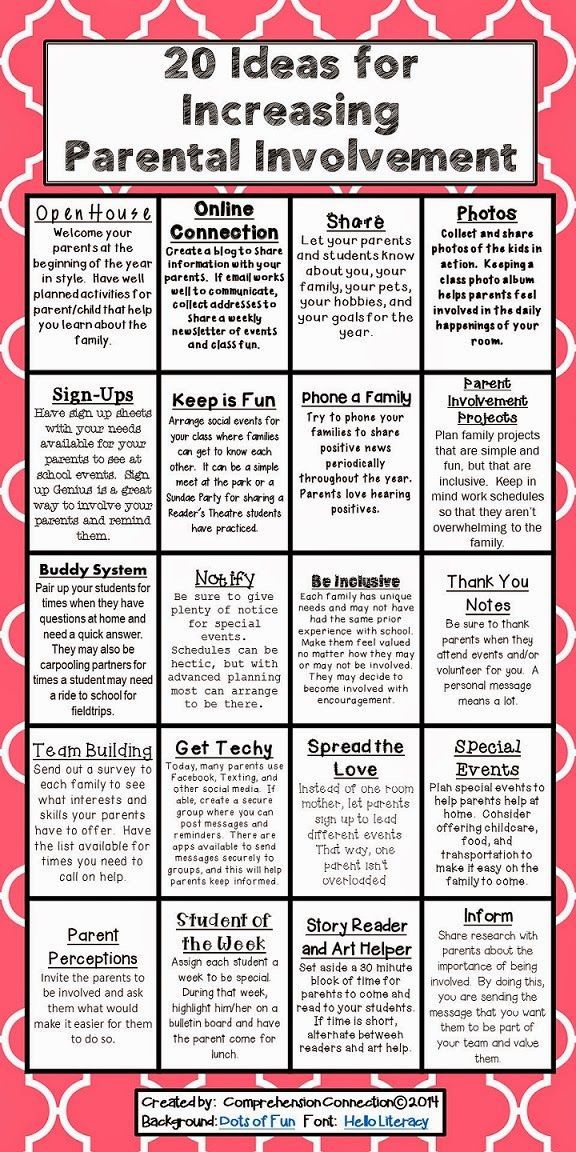 92 595.32] /Contents 257 0 R /group> /Tabs /S /StructParents 101 >> endobj 90 0 obj > /ProcSet [/PDF /Text /ImageB /ImageC /ImageI] >> /MediaBox [0 0 841.92 595.32] /Contents 258 0 R /group> /Tabs /S /StructParents 102 >> endobj 91 0 obj > /ProcSet [/PDF /Text /ImageB /ImageC /ImageI] >> /MediaBox [0 0 841.92 595.32] /Contents 259 0 R /group> /Tabs /S /StructParents 103 >> endobj 92 0 obj > /ProcSet [/PDF /Text /ImageB /ImageC /ImageI] >> /MediaBox[0 0 841.92 595.32] /Contents 260 0 R /group> /Tabs /S /StructParents 104 >> endobj 93 0 obj > /ProcSet [/PDF /Text /ImageB /ImageC /ImageI] >> /MediaBox [0 0 841.92 595.32] /Contents 261 0 R /group> /Tabs /S /StructParents 105 >> endobj 94 0 obj > /ProcSet [/PDF /Text /ImageB /ImageC /ImageI] >> /MediaBox [0 0 841.92 595.32] /Contents 262 0 R /group> /Tabs /S /StructParents 106 >> endobj 95 0 obj > /ProcSet [/PDF /Text /ImageB /ImageC /ImageI] >> /MediaBox[0 0 841.92 595.32] /Contents 263 0 R /group> /Tabs /S /StructParents 107 >> endobj 96 0 obj > /ProcSet [/PDF /Text /ImageB /ImageC /ImageI] >> /MediaBox [0 0 841.
92 595.32] /Contents 257 0 R /group> /Tabs /S /StructParents 101 >> endobj 90 0 obj > /ProcSet [/PDF /Text /ImageB /ImageC /ImageI] >> /MediaBox [0 0 841.92 595.32] /Contents 258 0 R /group> /Tabs /S /StructParents 102 >> endobj 91 0 obj > /ProcSet [/PDF /Text /ImageB /ImageC /ImageI] >> /MediaBox [0 0 841.92 595.32] /Contents 259 0 R /group> /Tabs /S /StructParents 103 >> endobj 92 0 obj > /ProcSet [/PDF /Text /ImageB /ImageC /ImageI] >> /MediaBox[0 0 841.92 595.32] /Contents 260 0 R /group> /Tabs /S /StructParents 104 >> endobj 93 0 obj > /ProcSet [/PDF /Text /ImageB /ImageC /ImageI] >> /MediaBox [0 0 841.92 595.32] /Contents 261 0 R /group> /Tabs /S /StructParents 105 >> endobj 94 0 obj > /ProcSet [/PDF /Text /ImageB /ImageC /ImageI] >> /MediaBox [0 0 841.92 595.32] /Contents 262 0 R /group> /Tabs /S /StructParents 106 >> endobj 95 0 obj > /ProcSet [/PDF /Text /ImageB /ImageC /ImageI] >> /MediaBox[0 0 841.92 595.32] /Contents 263 0 R /group> /Tabs /S /StructParents 107 >> endobj 96 0 obj > /ProcSet [/PDF /Text /ImageB /ImageC /ImageI] >> /MediaBox [0 0 841.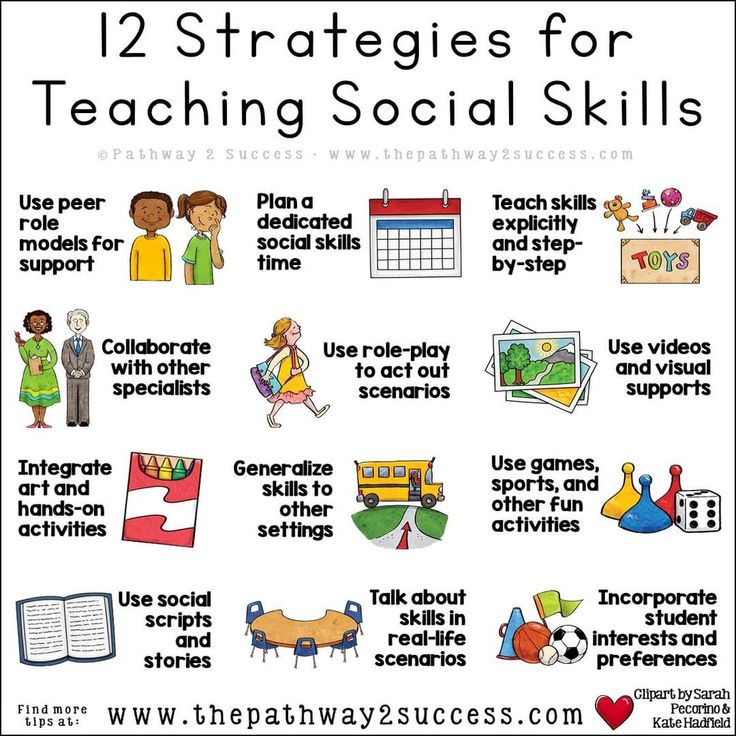 92 595.32] /Contents 264 0 R /group> /Tabs /S /StructParents 108 >> endobj 97 0 obj > /ProcSet [/PDF /Text /ImageB /ImageC /ImageI] >> /MediaBox [0 0 841.92 595.32] /Contents 265 0 R /group> /Tabs /S /StructParents 109 >> endobj 98 0 obj > /ProcSet [/PDF /Text /ImageB /ImageC /ImageI] >> /MediaBox[0 0 841.92 595.32] /Contents 266 0R /group> /Tabs /S /StructParents 110 >> endobj 99 0 obj > /ProcSet [/PDF /Text /ImageB /ImageC /ImageI] >> /MediaBox [0 0 595.32 841.92] /Contents 267 0 R /group> /Tabs /S /StructParents 111 >> endobj 100 0 obj > /ProcSet [/PDF /Text /ImageB /ImageC /ImageI] >> /MediaBox [0 0 595.32 841.92] /Contents 268 0 R /group> /Tabs /S /StructParents 112 >> endobj 101 0 obj > /ProcSet [/PDF /Text /ImageB /ImageC /ImageI] >> /MediaBox[0 0 595.32 841.92] /Contents 269 0 R /group> /Tabs /S /StructParents 113 >> endobj 102 0 obj > /ProcSet [/PDF /Text /ImageB /ImageC /ImageI] >> /MediaBox [0 0 595.32 841.92] /Contents 270 0R /group> /Tabs /S /StructParents 114 >> endobj 103 0 obj > /ProcSet [/PDF /Text /ImageB /ImageC /ImageI] >> /MediaBox [0 0 595.
92 595.32] /Contents 264 0 R /group> /Tabs /S /StructParents 108 >> endobj 97 0 obj > /ProcSet [/PDF /Text /ImageB /ImageC /ImageI] >> /MediaBox [0 0 841.92 595.32] /Contents 265 0 R /group> /Tabs /S /StructParents 109 >> endobj 98 0 obj > /ProcSet [/PDF /Text /ImageB /ImageC /ImageI] >> /MediaBox[0 0 841.92 595.32] /Contents 266 0R /group> /Tabs /S /StructParents 110 >> endobj 99 0 obj > /ProcSet [/PDF /Text /ImageB /ImageC /ImageI] >> /MediaBox [0 0 595.32 841.92] /Contents 267 0 R /group> /Tabs /S /StructParents 111 >> endobj 100 0 obj > /ProcSet [/PDF /Text /ImageB /ImageC /ImageI] >> /MediaBox [0 0 595.32 841.92] /Contents 268 0 R /group> /Tabs /S /StructParents 112 >> endobj 101 0 obj > /ProcSet [/PDF /Text /ImageB /ImageC /ImageI] >> /MediaBox[0 0 595.32 841.92] /Contents 269 0 R /group> /Tabs /S /StructParents 113 >> endobj 102 0 obj > /ProcSet [/PDF /Text /ImageB /ImageC /ImageI] >> /MediaBox [0 0 595.32 841.92] /Contents 270 0R /group> /Tabs /S /StructParents 114 >> endobj 103 0 obj > /ProcSet [/PDF /Text /ImageB /ImageC /ImageI] >> /MediaBox [0 0 595.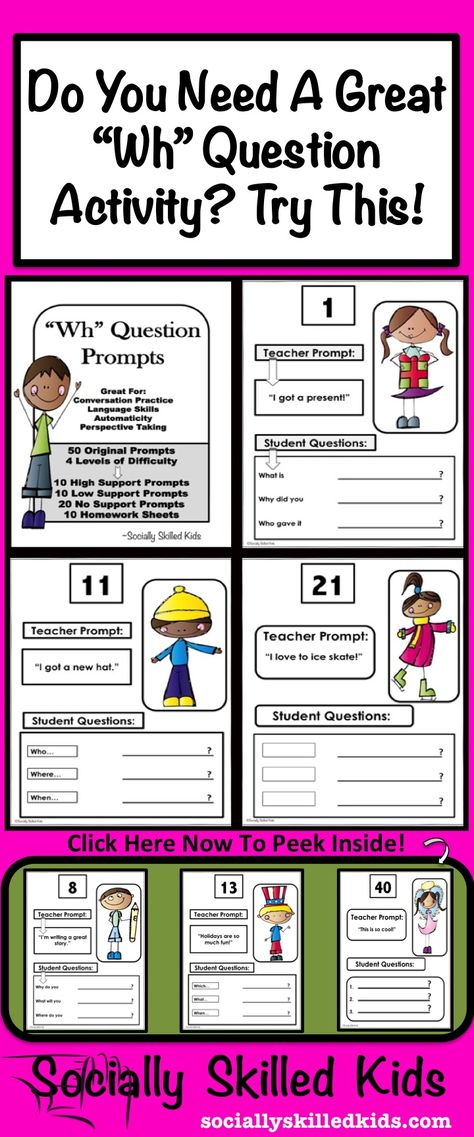 32 841.92] /Contents 271 0R /group> /Tabs /S /StructParents 115 >> endobj 104 0 obj > /ProcSet [/PDF /Text /ImageB /ImageC /ImageI] >> /MediaBox[0 0 595.32 841.92] /Contents 272 0 R /group> /Tabs /S /StructParents 116 >> endobj 105 0 obj > /ProcSet [/PDF /Text /ImageB /ImageC /ImageI] >> /MediaBox [0 0 595.32 841.92] /Contents 273 0 R /group> /Tabs /S /StructParents 117 >> endobj 106 0 obj > /ProcSet [/PDF /Text /ImageB /ImageC /ImageI] >> /MediaBox [0 0 595.32 841.92] /Contents 276 0 R /group> /Tabs /S /StructParents 118 >> endobj 107 0 obj > /ProcSet [/PDF /Text /ImageB /ImageC /ImageI] >> /MediaBox[0 0 595.32 841.92] /Contents 277 0R /group> /Tabs /S /StructParents 119 >> endobj 108 0 obj > /ProcSet [/PDF /Text /ImageB /ImageC /ImageI] >> /MediaBox [0 0 595.32 841.92] /Contents 278 0 R /group> /Tabs /S /StructParents 120 >> endobj 109 0 obj > /ProcSet [/PDF /Text /ImageB /ImageC /ImageI] >> /MediaBox [0 0 595.32 841.92] /Contents 280 0 R /group> /Tabs /S /StructParents 121 >> endobj 110 0 obj > /ProcSet [/PDF /Text /ImageB /ImageC /ImageI] >> /MediaBox[0 0 595.
32 841.92] /Contents 271 0R /group> /Tabs /S /StructParents 115 >> endobj 104 0 obj > /ProcSet [/PDF /Text /ImageB /ImageC /ImageI] >> /MediaBox[0 0 595.32 841.92] /Contents 272 0 R /group> /Tabs /S /StructParents 116 >> endobj 105 0 obj > /ProcSet [/PDF /Text /ImageB /ImageC /ImageI] >> /MediaBox [0 0 595.32 841.92] /Contents 273 0 R /group> /Tabs /S /StructParents 117 >> endobj 106 0 obj > /ProcSet [/PDF /Text /ImageB /ImageC /ImageI] >> /MediaBox [0 0 595.32 841.92] /Contents 276 0 R /group> /Tabs /S /StructParents 118 >> endobj 107 0 obj > /ProcSet [/PDF /Text /ImageB /ImageC /ImageI] >> /MediaBox[0 0 595.32 841.92] /Contents 277 0R /group> /Tabs /S /StructParents 119 >> endobj 108 0 obj > /ProcSet [/PDF /Text /ImageB /ImageC /ImageI] >> /MediaBox [0 0 595.32 841.92] /Contents 278 0 R /group> /Tabs /S /StructParents 120 >> endobj 109 0 obj > /ProcSet [/PDF /Text /ImageB /ImageC /ImageI] >> /MediaBox [0 0 595.32 841.92] /Contents 280 0 R /group> /Tabs /S /StructParents 121 >> endobj 110 0 obj > /ProcSet [/PDF /Text /ImageB /ImageC /ImageI] >> /MediaBox[0 0 595.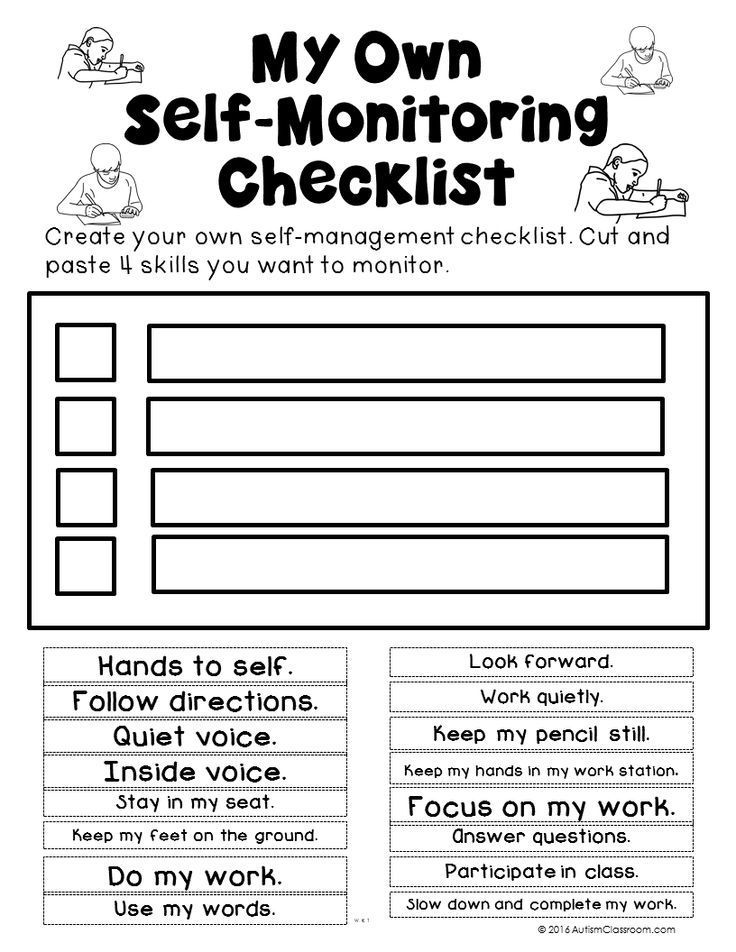 32 841.92] /Contents 281 0 R /group> /Tabs /S /StructParents 122 >> endobj 111 0 obj > /ProcSet [/PDF /Text /ImageB /ImageC /ImageI] >> /MediaBox [0 0 595.32 841.92] /Contents 282 0 R /group> /Tabs /S /StructParents 123 >> endobj 112 0 obj > /ProcSet [/PDF /Text /ImageB /ImageC /ImageI] >> /MediaBox [0 0 595.32 841.92] /Contents 283 0 R /group> /Tabs /S /StructParents 124 >> endobj 113 0 obj > /ProcSet [/PDF /Text /ImageB /ImageC /ImageI] >> /MediaBox[0 0 595.32 841.92] /Contents 284 0 R /group> /Tabs /S /StructParents 125 >> endobj 114 0 obj > /ProcSet [/PDF /Text /ImageB /ImageC /ImageI] >> /MediaBox [0 0 841.92 595.32] /Contents 285 0 R /group> /Tabs /S /StructParents 126 >> endobj 115 0 obj > /ProcSet [/PDF /Text /ImageB /ImageC /ImageI] >> /MediaBox [0 0 841.92 595.32] /Contents 286 0 R /group> /Tabs /S /StructParents 127 >> endobj 116 0 obj > /XObject> /ProcSet [/PDF /Text /ImageB /ImageC /ImageI] >> /MediaBox[0 0 595.32 841.92] /Contents 289 0 R /group> /Tabs /S /StructParents 128 >> endobj 117 0 obj > /XObject> /ProcSet [/PDF /Text /ImageB /ImageC /ImageI] >> /MediaBox [0 0 595.
32 841.92] /Contents 281 0 R /group> /Tabs /S /StructParents 122 >> endobj 111 0 obj > /ProcSet [/PDF /Text /ImageB /ImageC /ImageI] >> /MediaBox [0 0 595.32 841.92] /Contents 282 0 R /group> /Tabs /S /StructParents 123 >> endobj 112 0 obj > /ProcSet [/PDF /Text /ImageB /ImageC /ImageI] >> /MediaBox [0 0 595.32 841.92] /Contents 283 0 R /group> /Tabs /S /StructParents 124 >> endobj 113 0 obj > /ProcSet [/PDF /Text /ImageB /ImageC /ImageI] >> /MediaBox[0 0 595.32 841.92] /Contents 284 0 R /group> /Tabs /S /StructParents 125 >> endobj 114 0 obj > /ProcSet [/PDF /Text /ImageB /ImageC /ImageI] >> /MediaBox [0 0 841.92 595.32] /Contents 285 0 R /group> /Tabs /S /StructParents 126 >> endobj 115 0 obj > /ProcSet [/PDF /Text /ImageB /ImageC /ImageI] >> /MediaBox [0 0 841.92 595.32] /Contents 286 0 R /group> /Tabs /S /StructParents 127 >> endobj 116 0 obj > /XObject> /ProcSet [/PDF /Text /ImageB /ImageC /ImageI] >> /MediaBox[0 0 595.32 841.92] /Contents 289 0 R /group> /Tabs /S /StructParents 128 >> endobj 117 0 obj > /XObject> /ProcSet [/PDF /Text /ImageB /ImageC /ImageI] >> /MediaBox [0 0 595.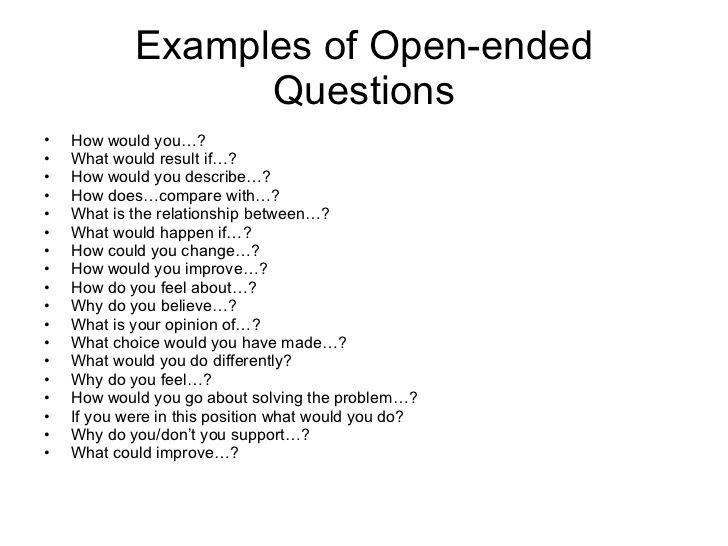

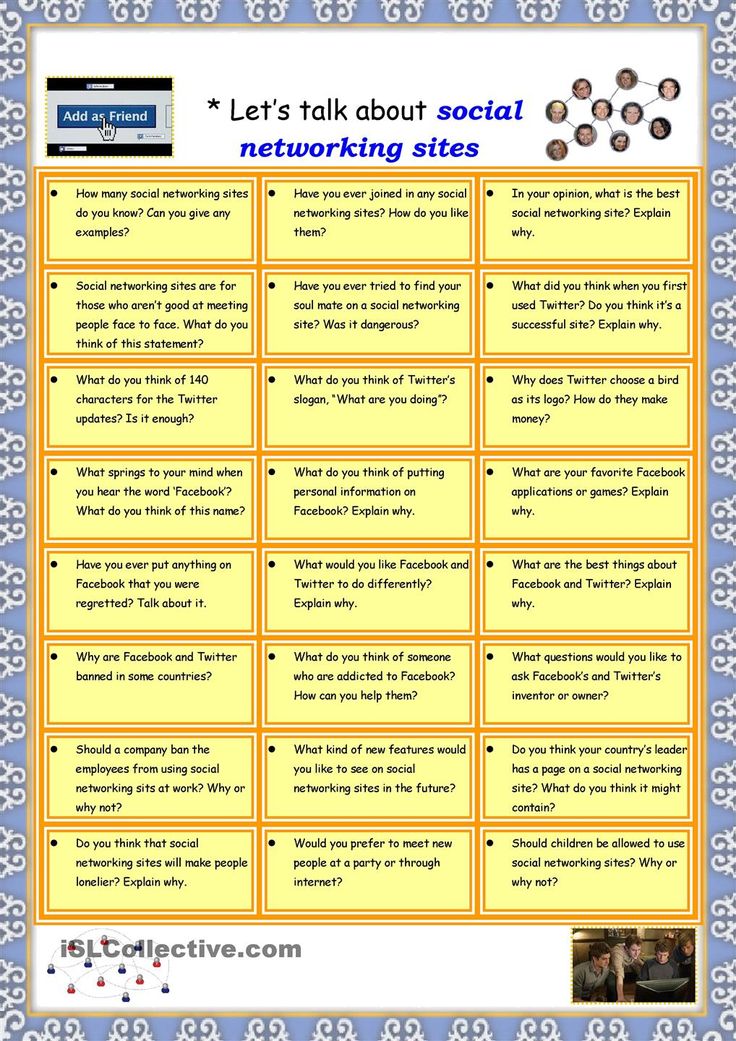 A free PDF viewer can be downloaded here.
A free PDF viewer can be downloaded here. 